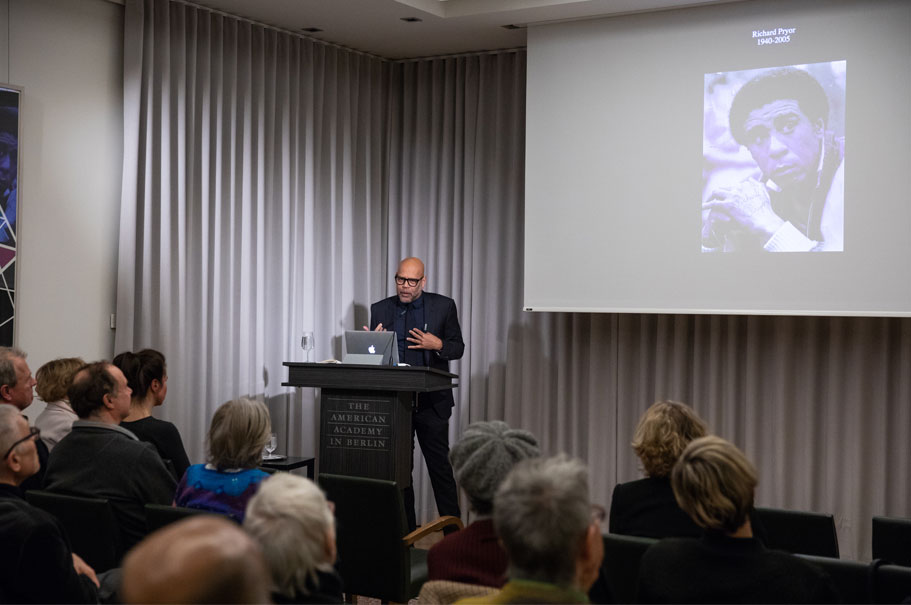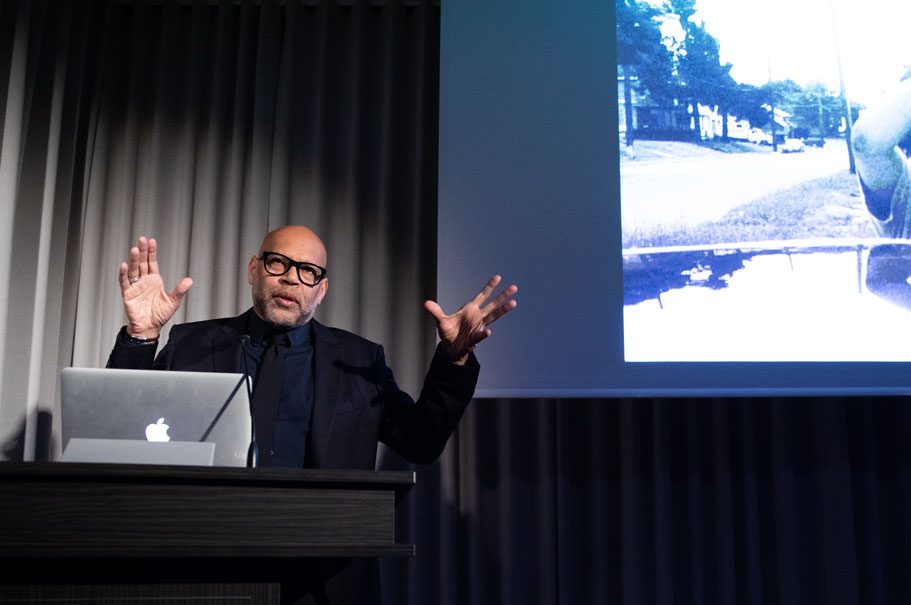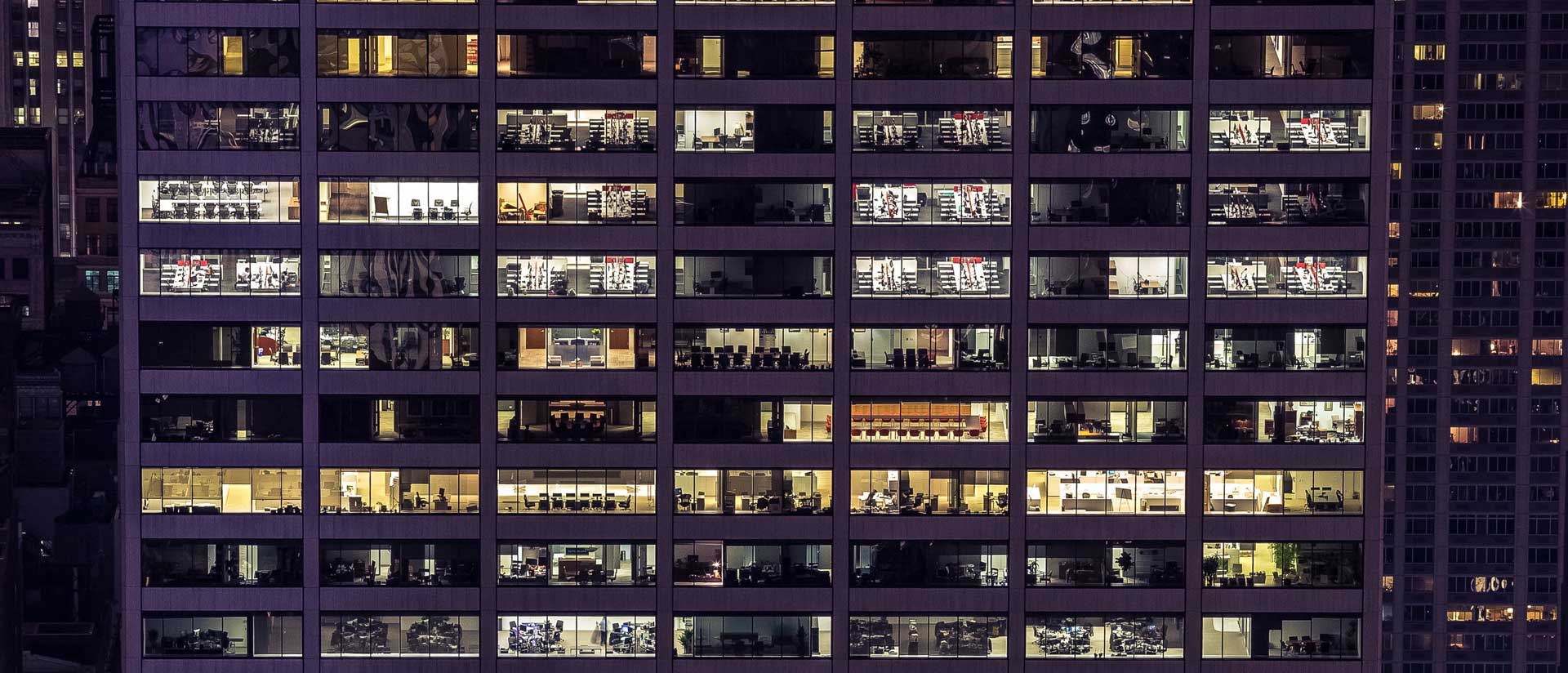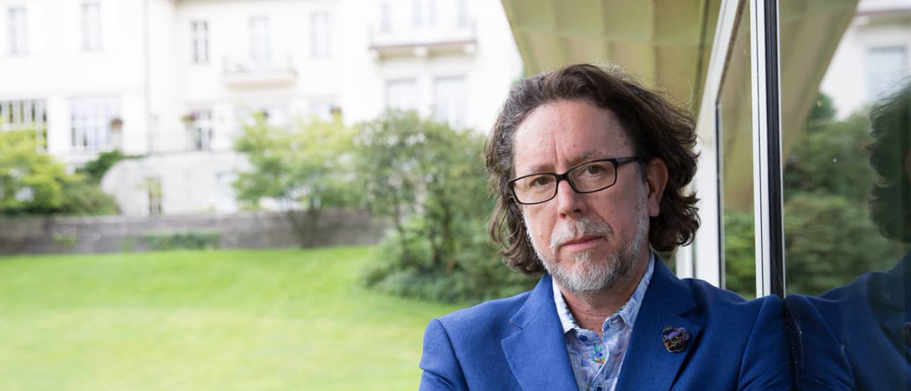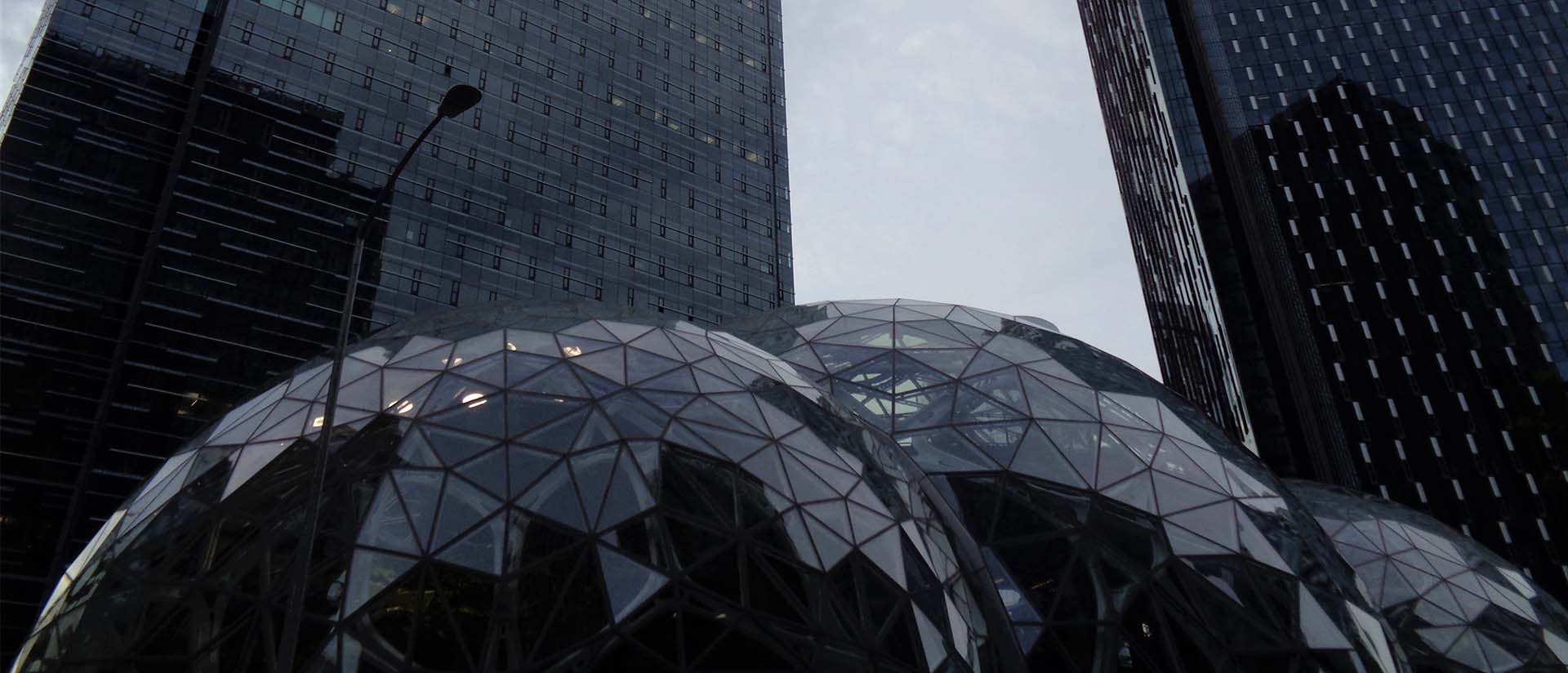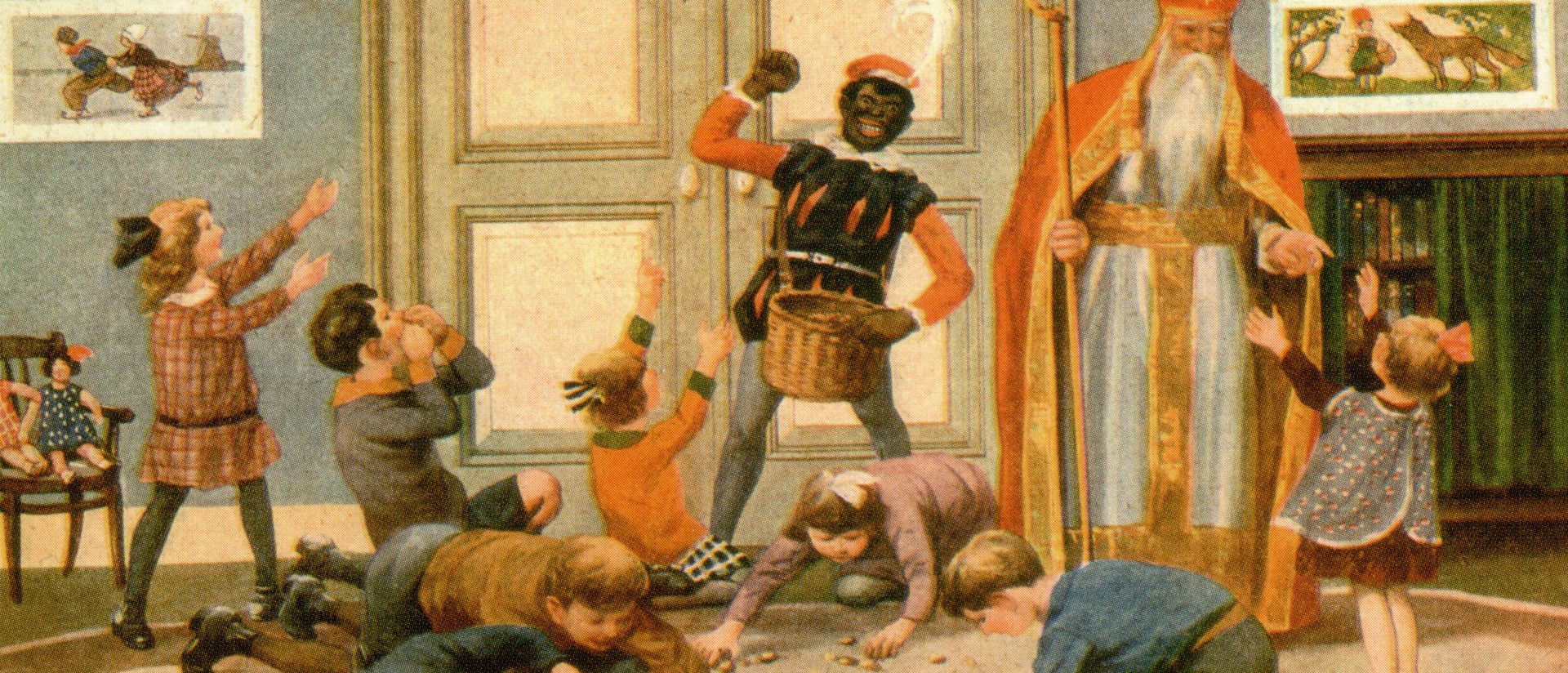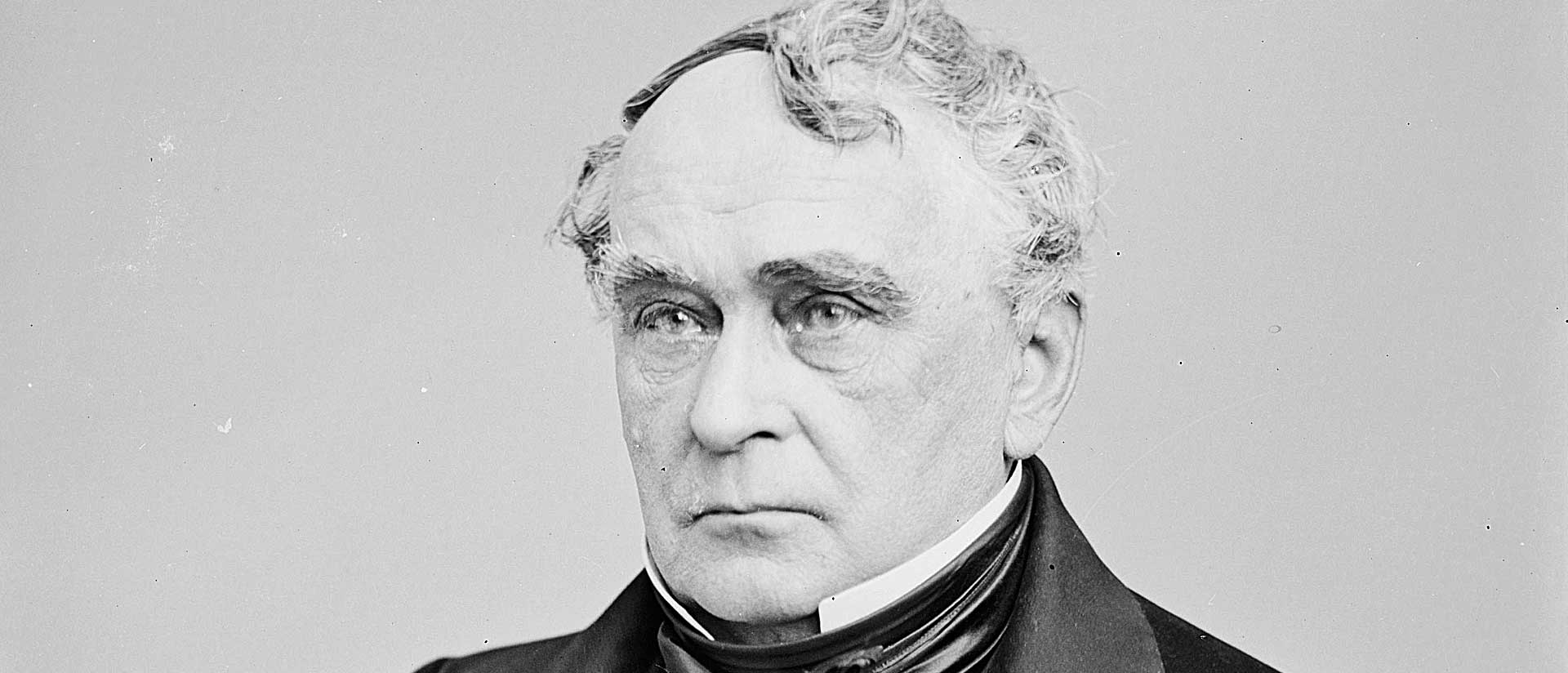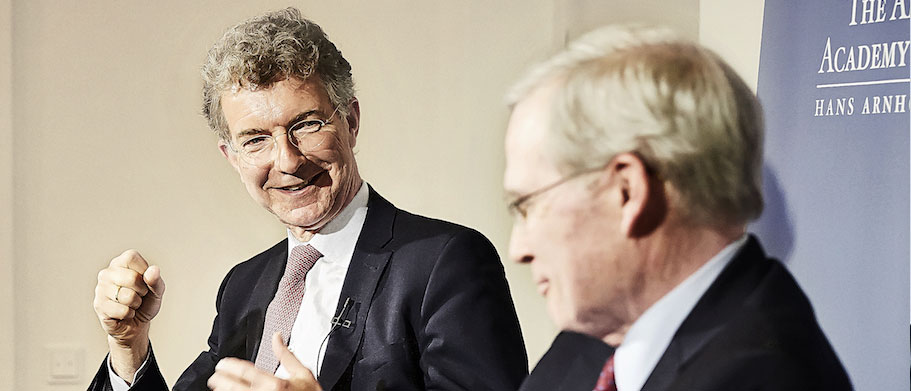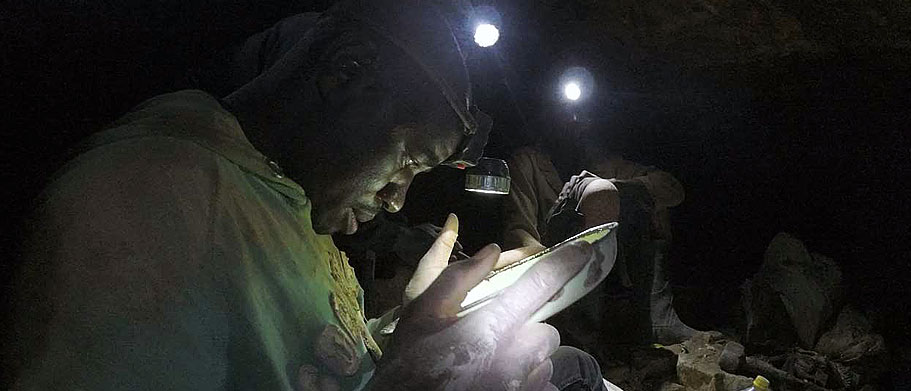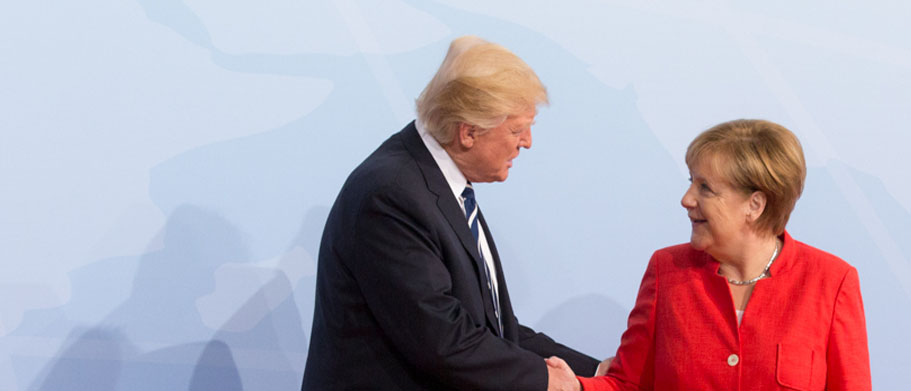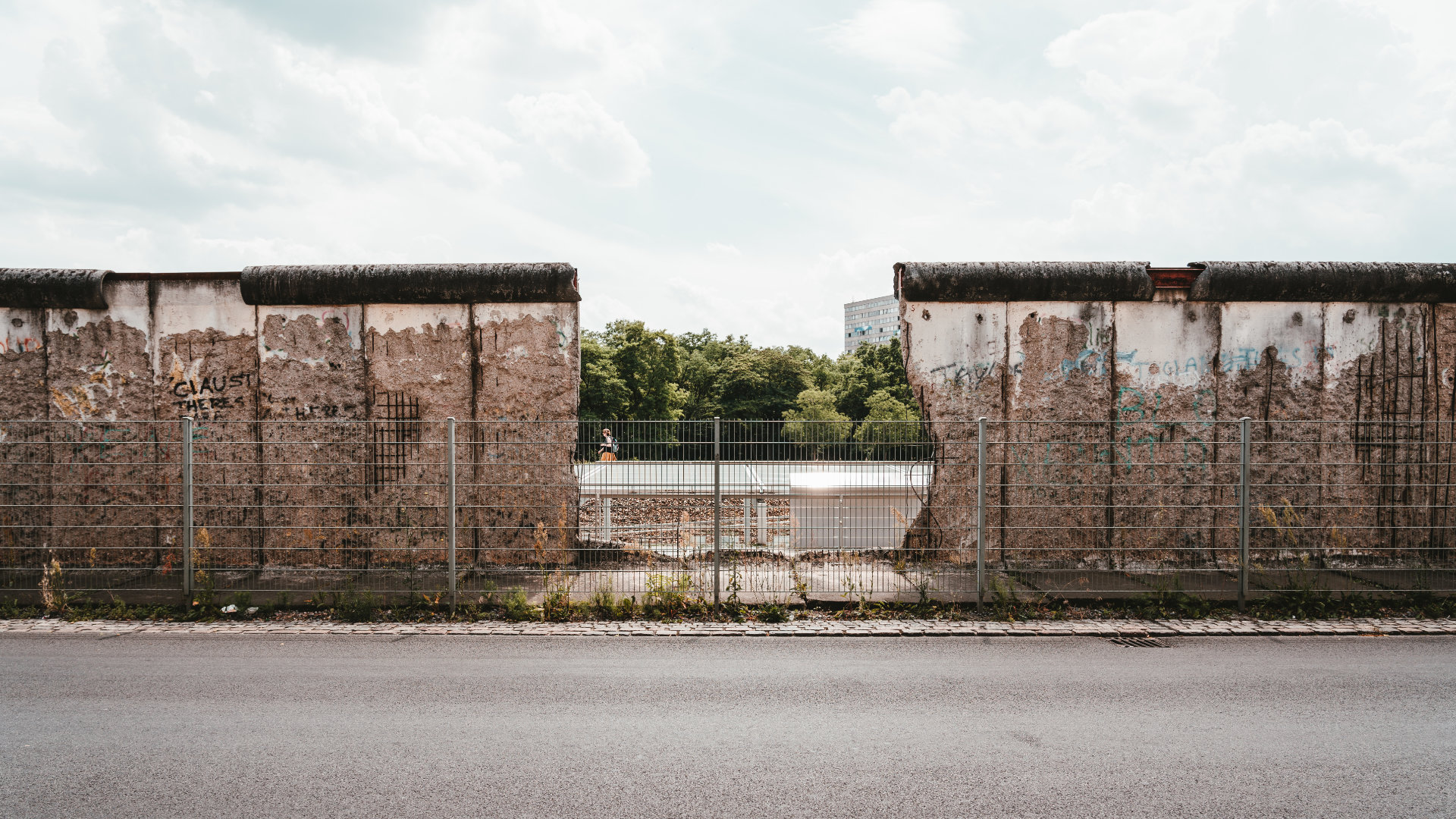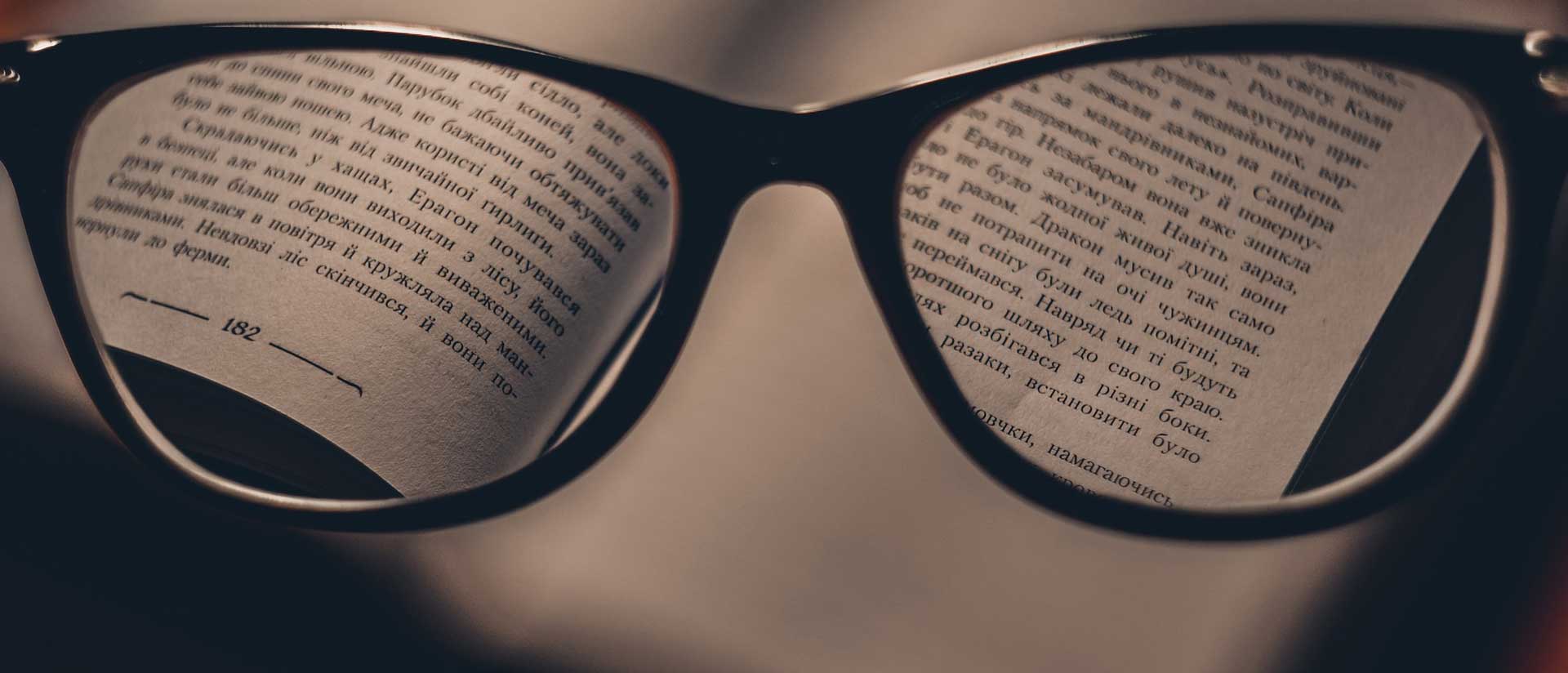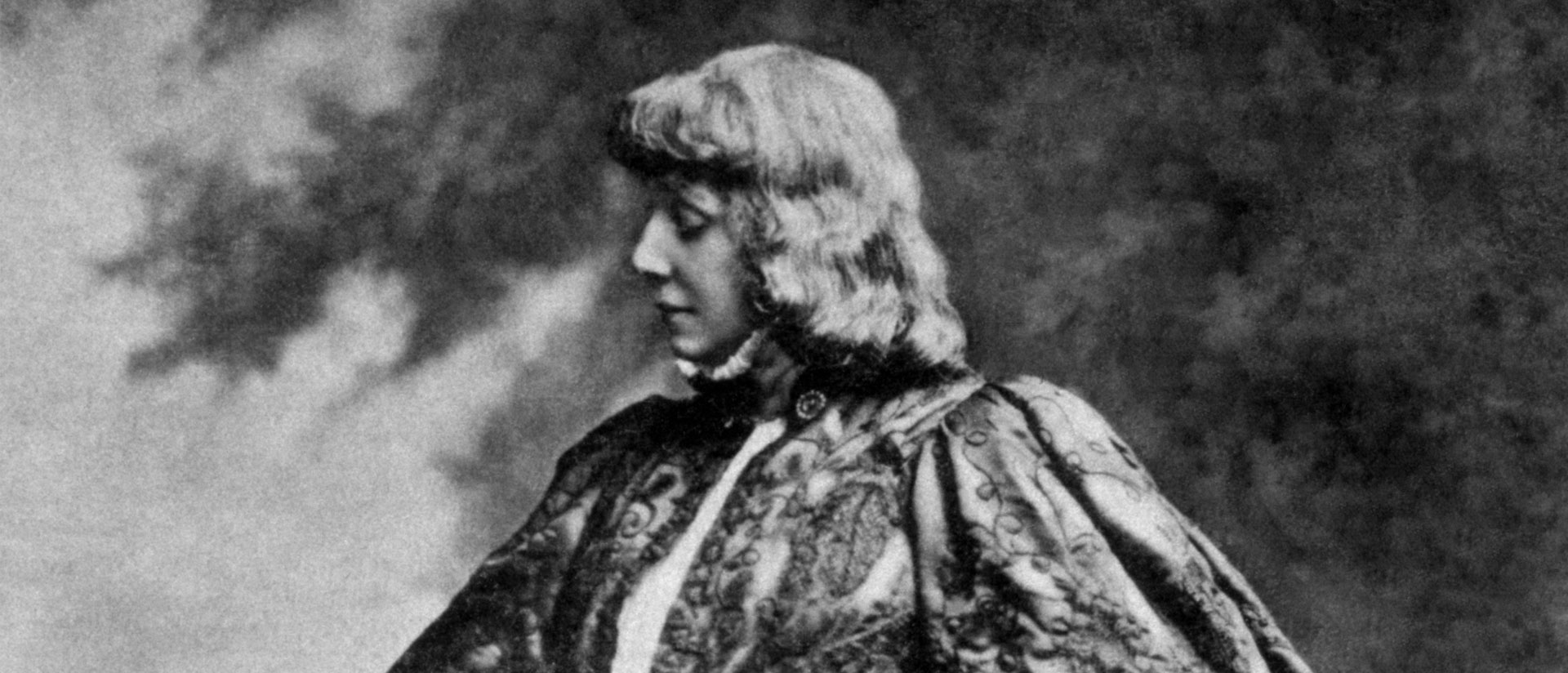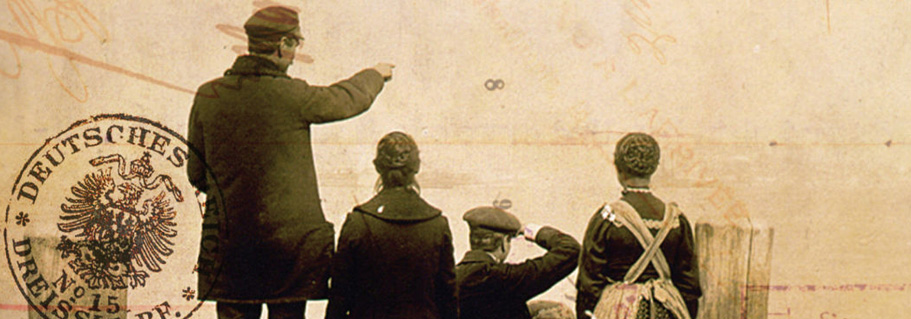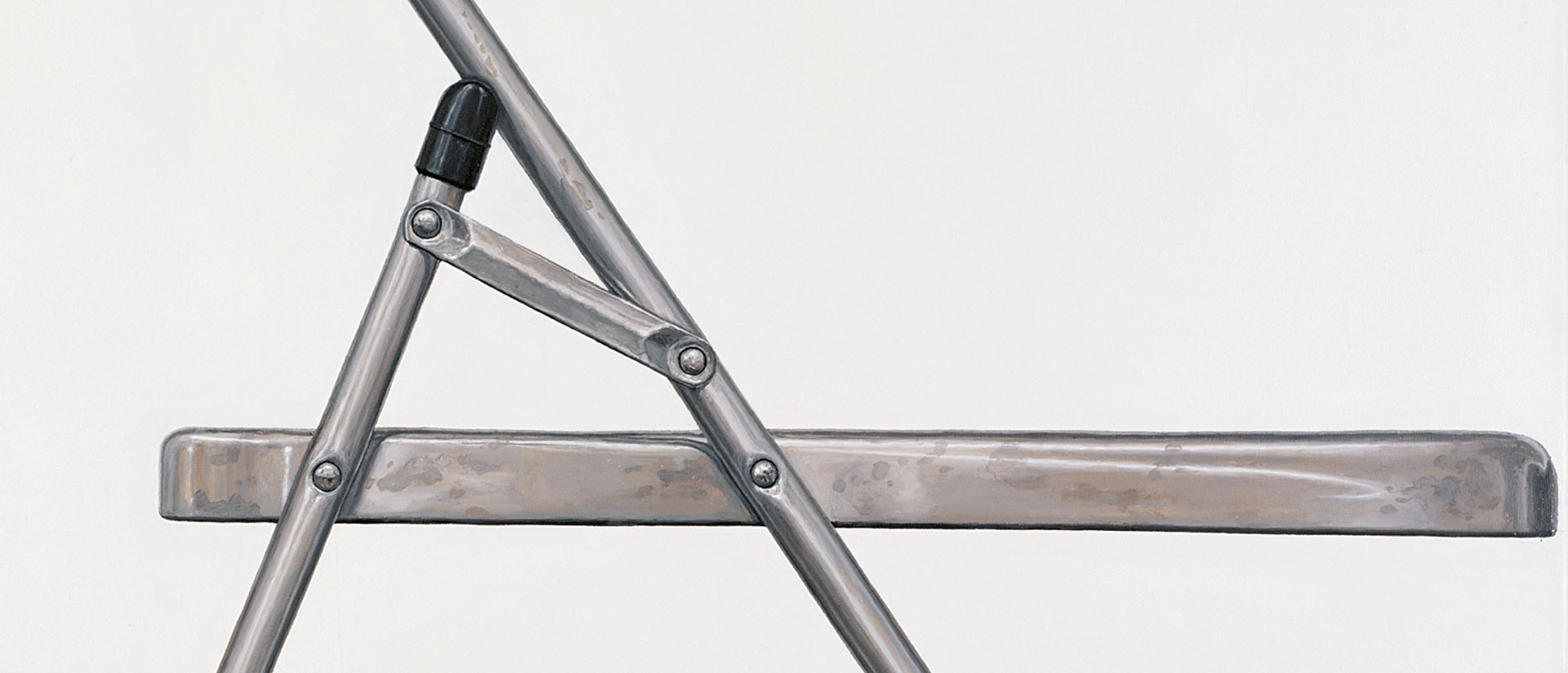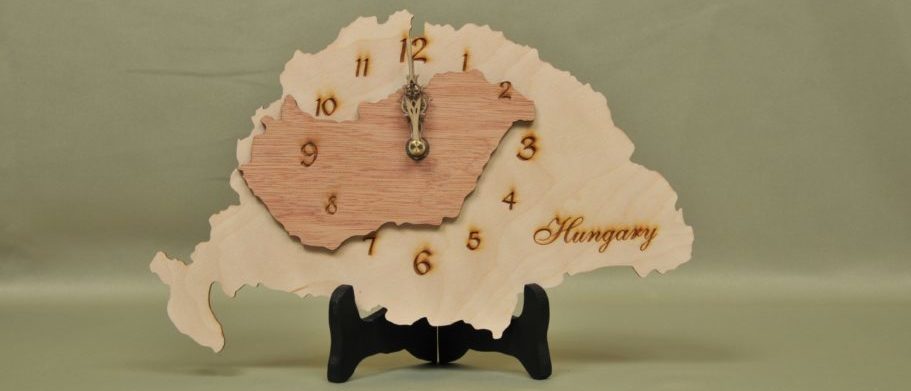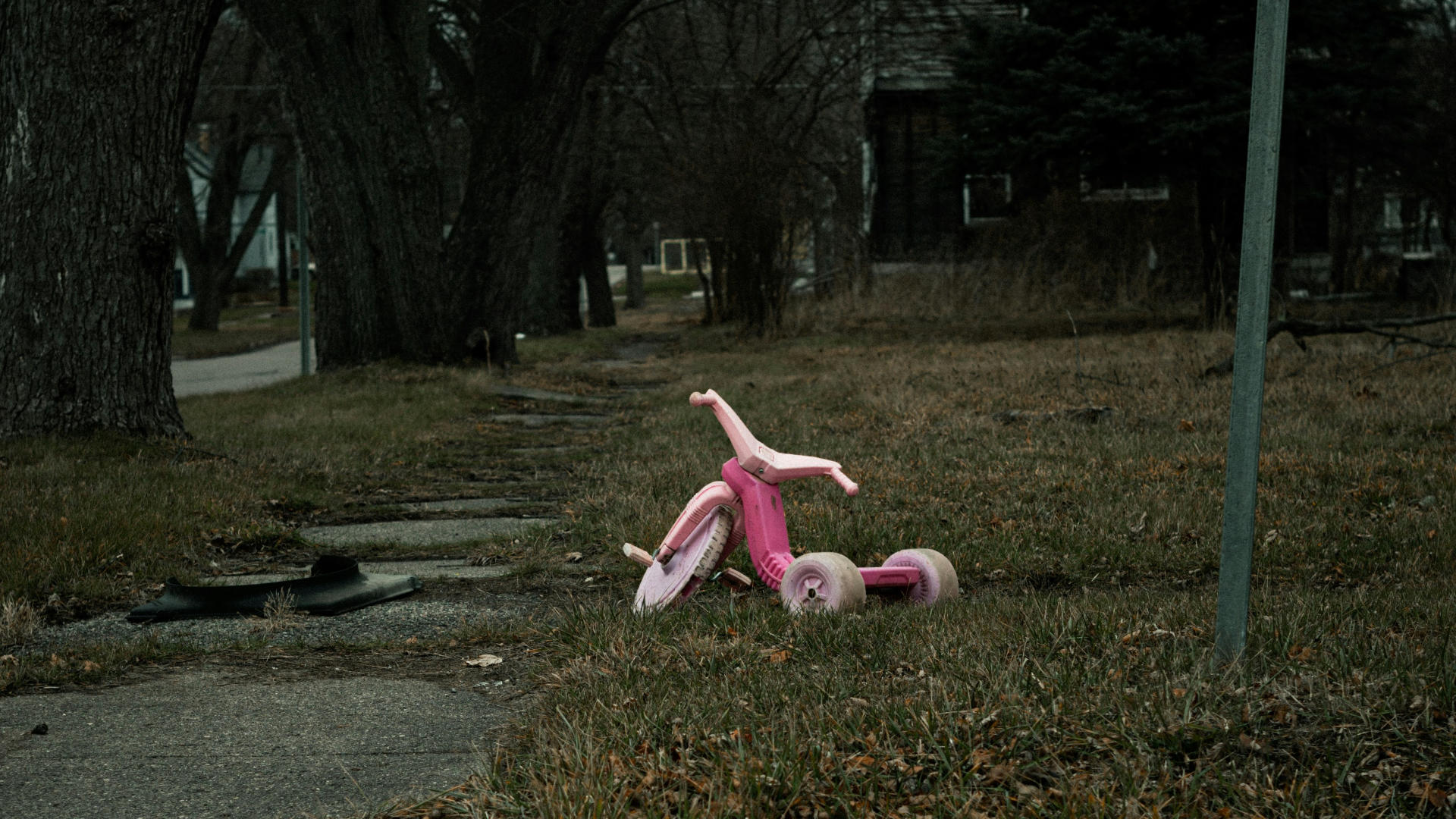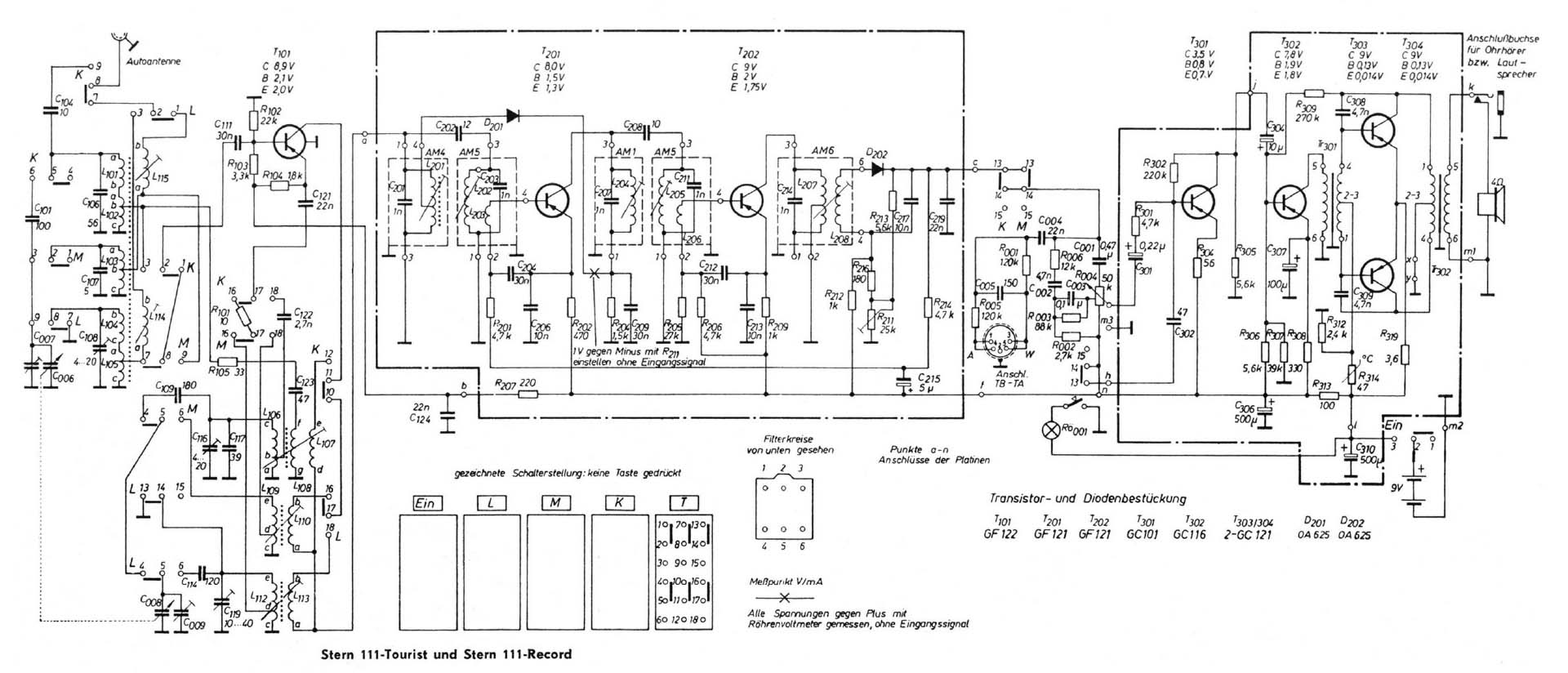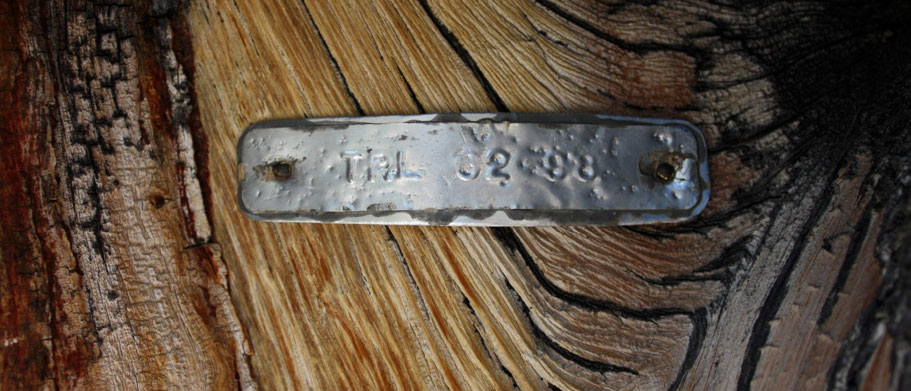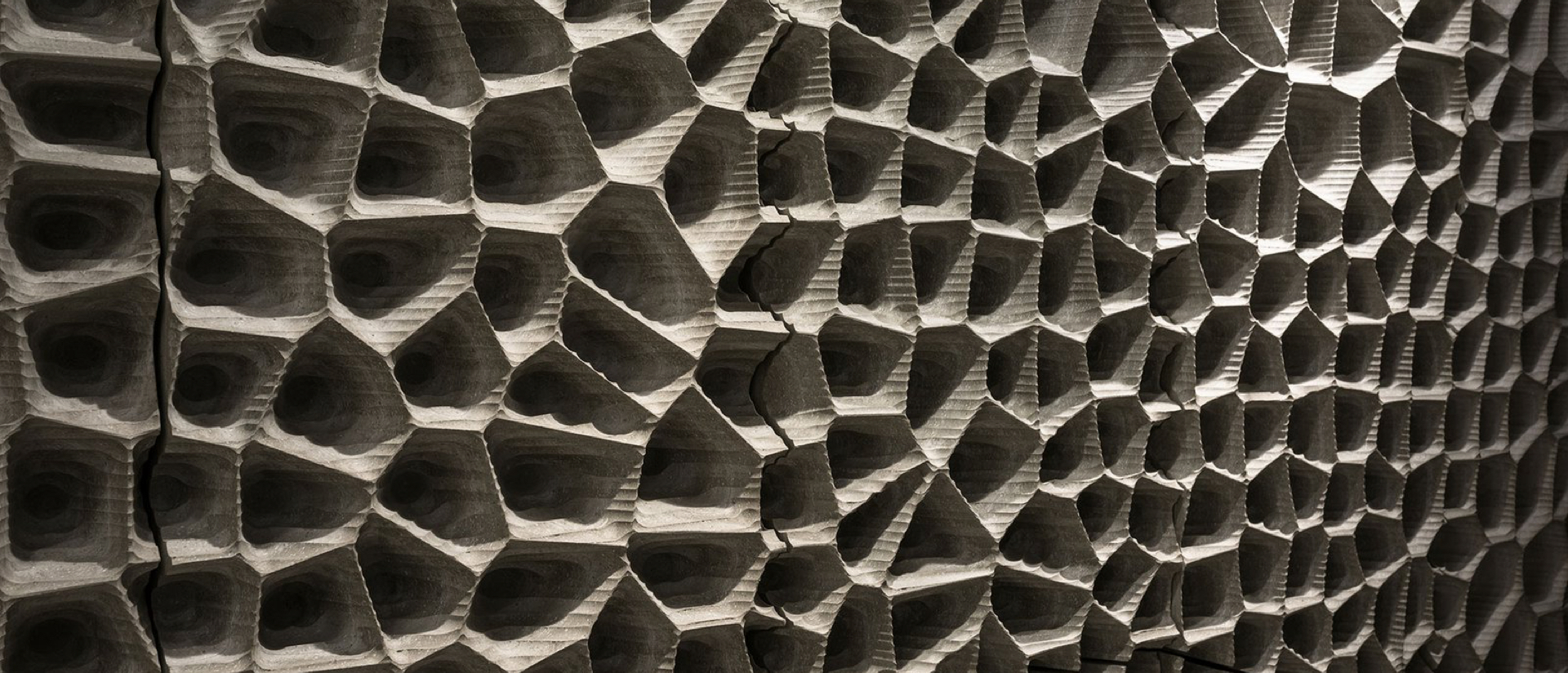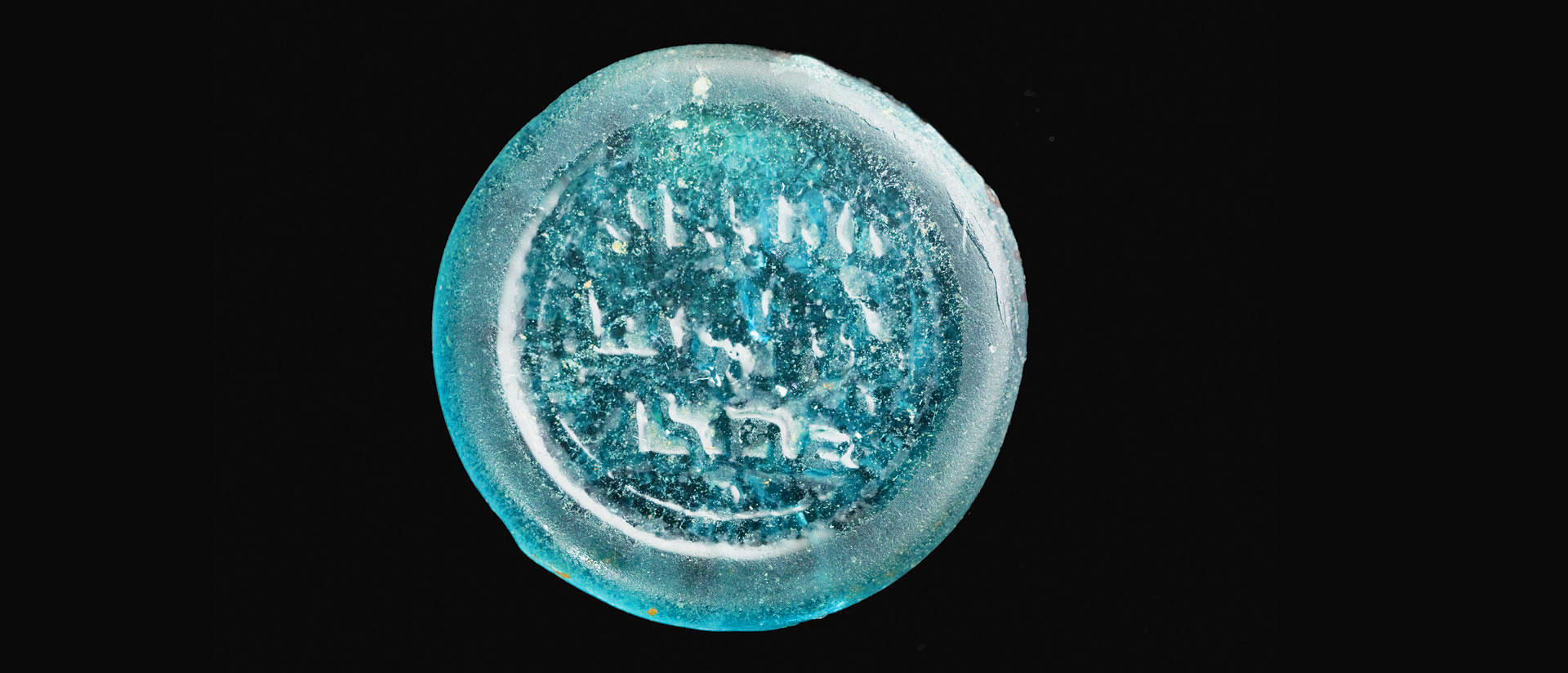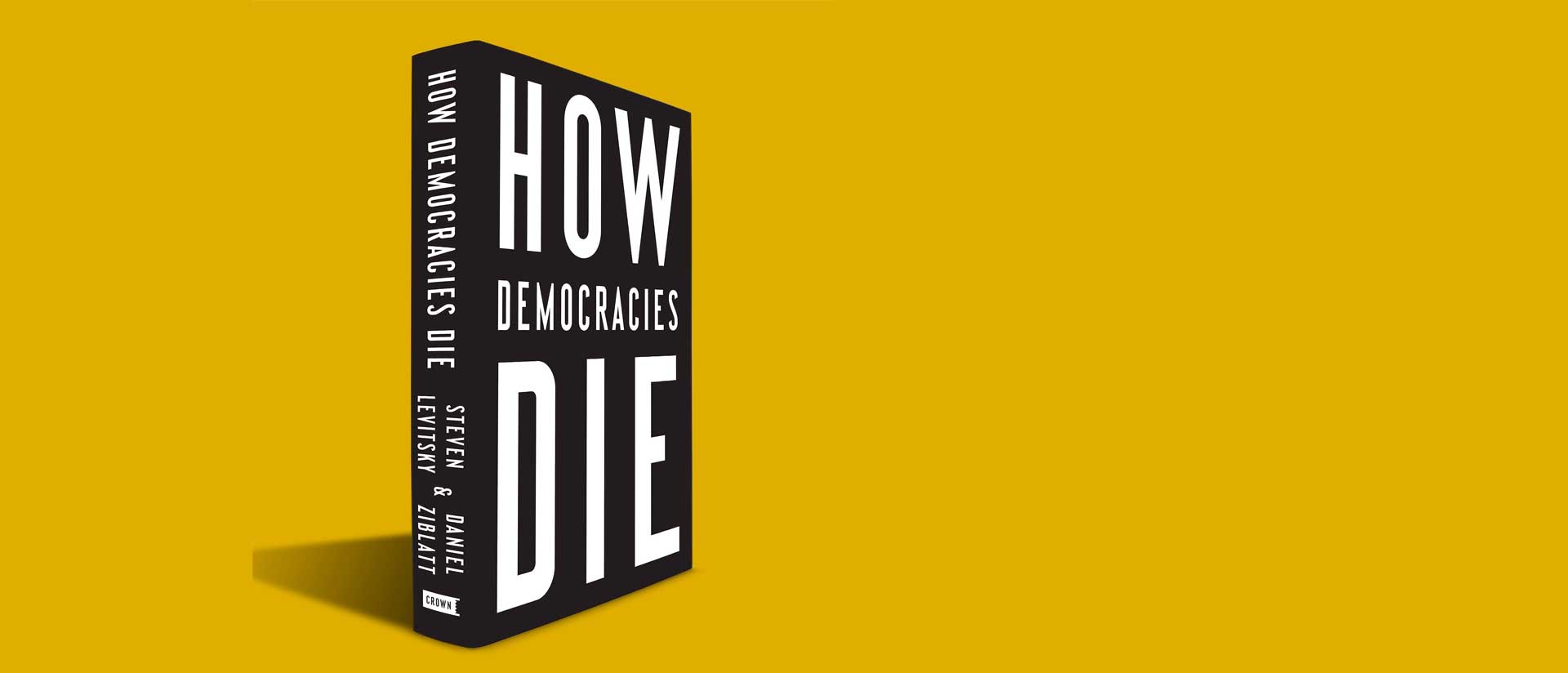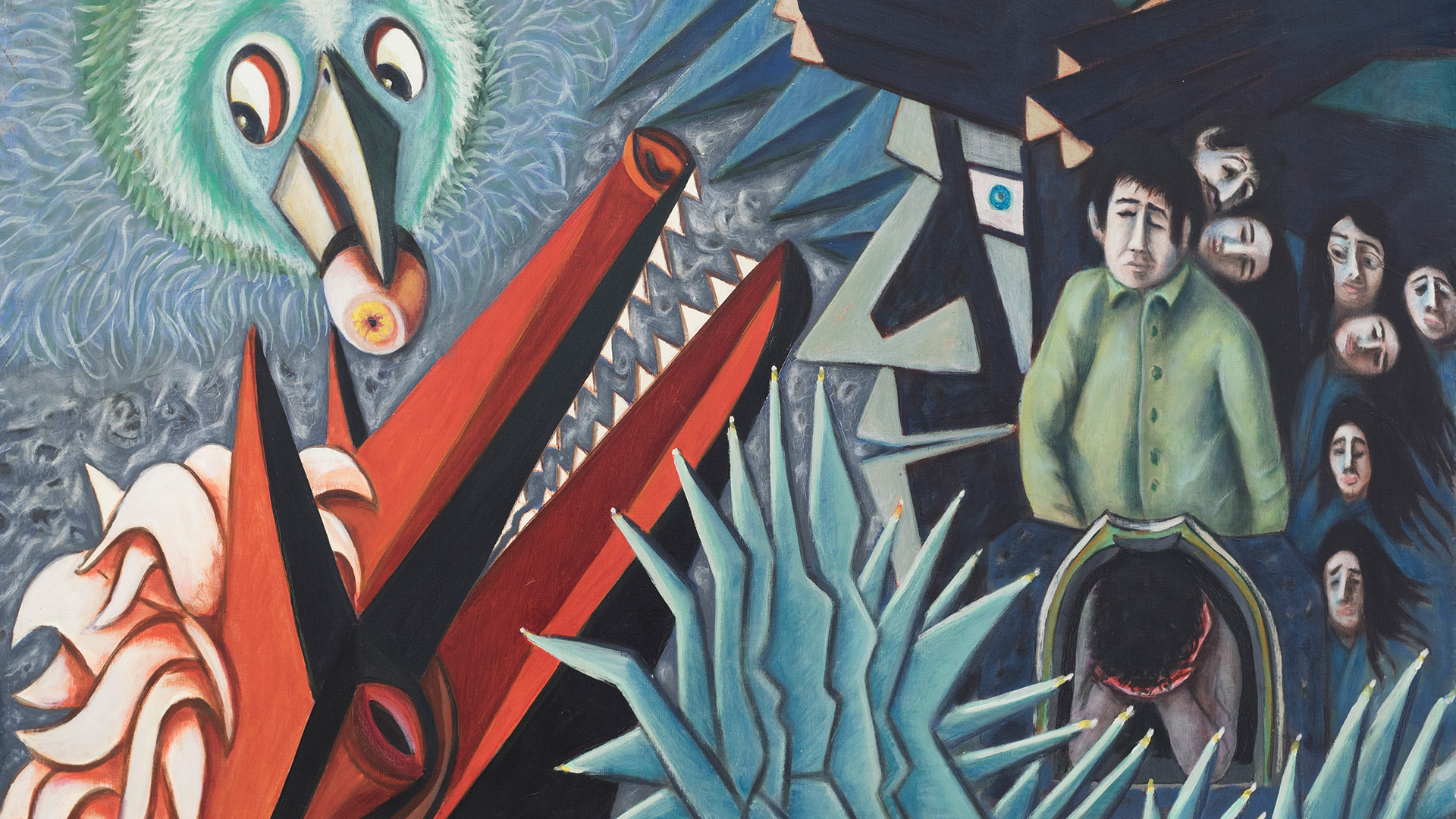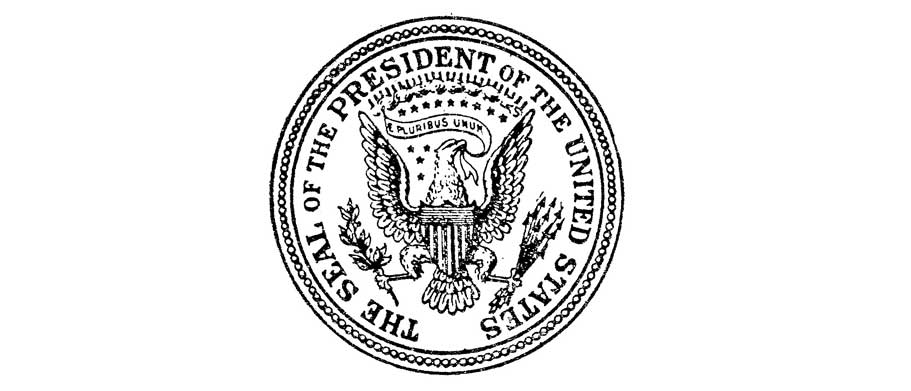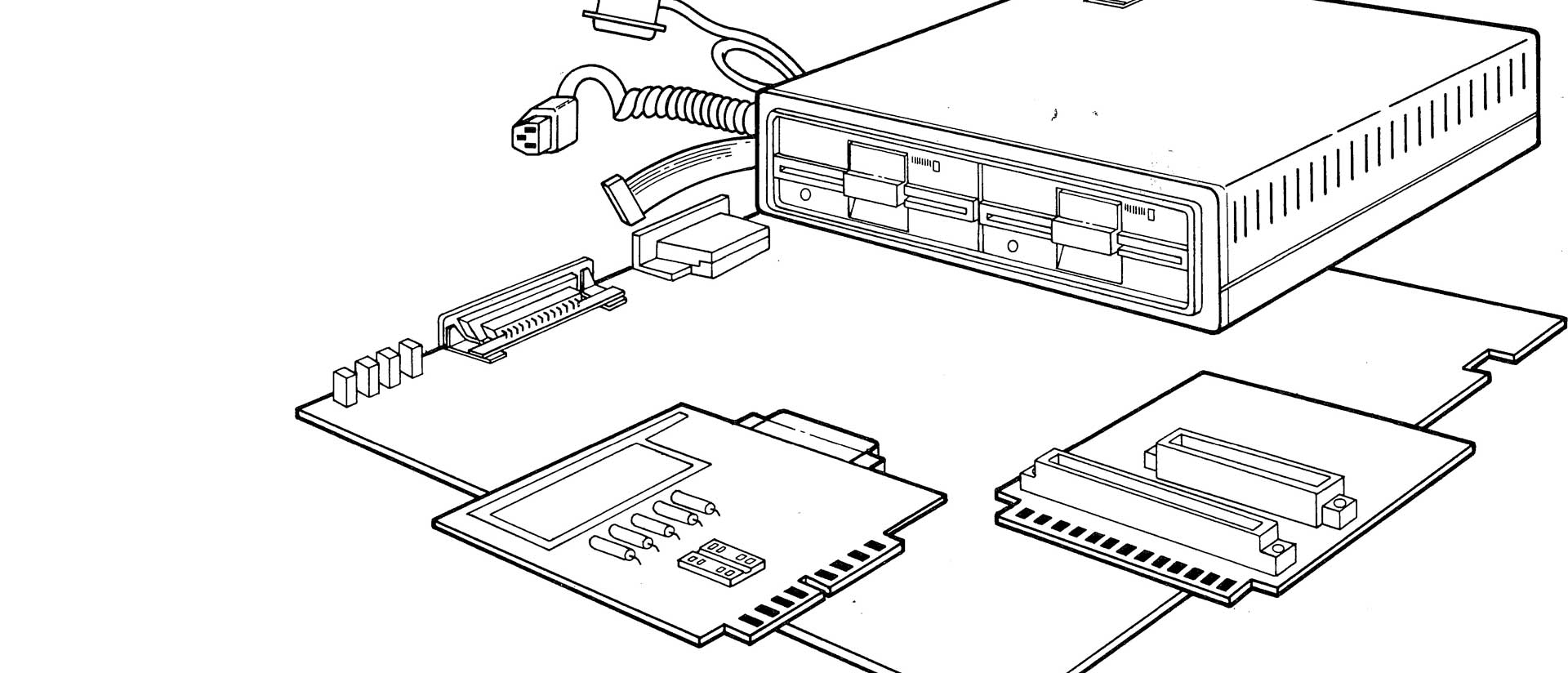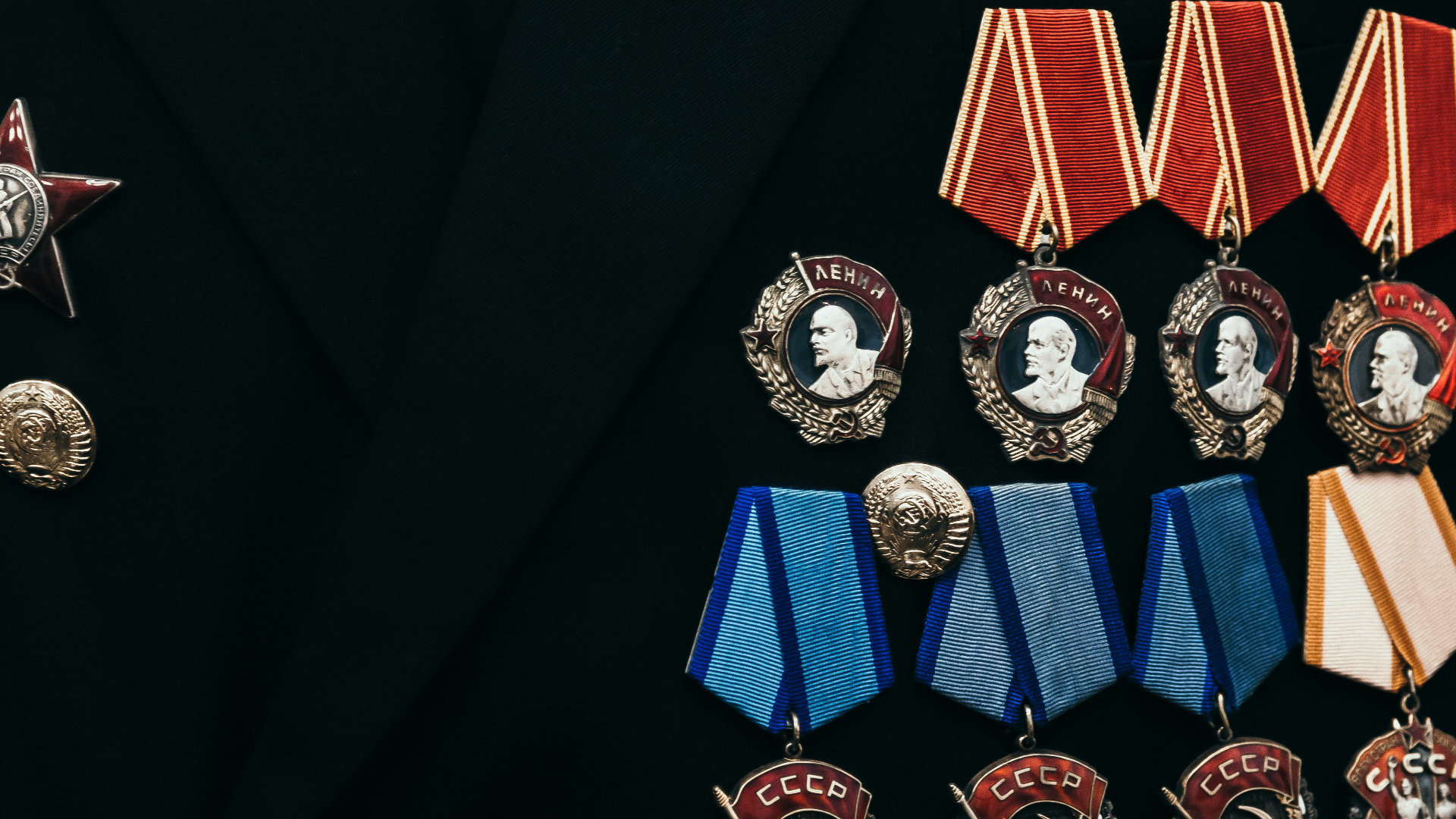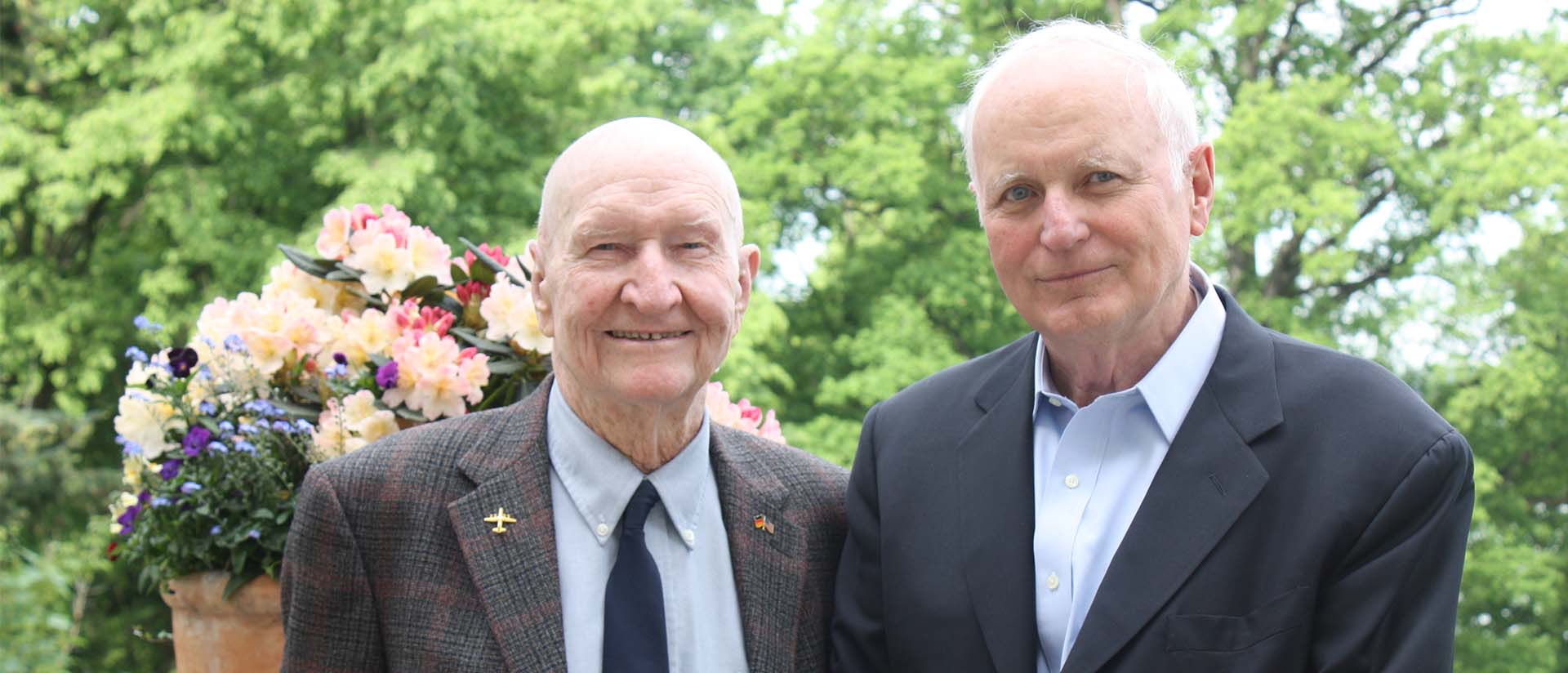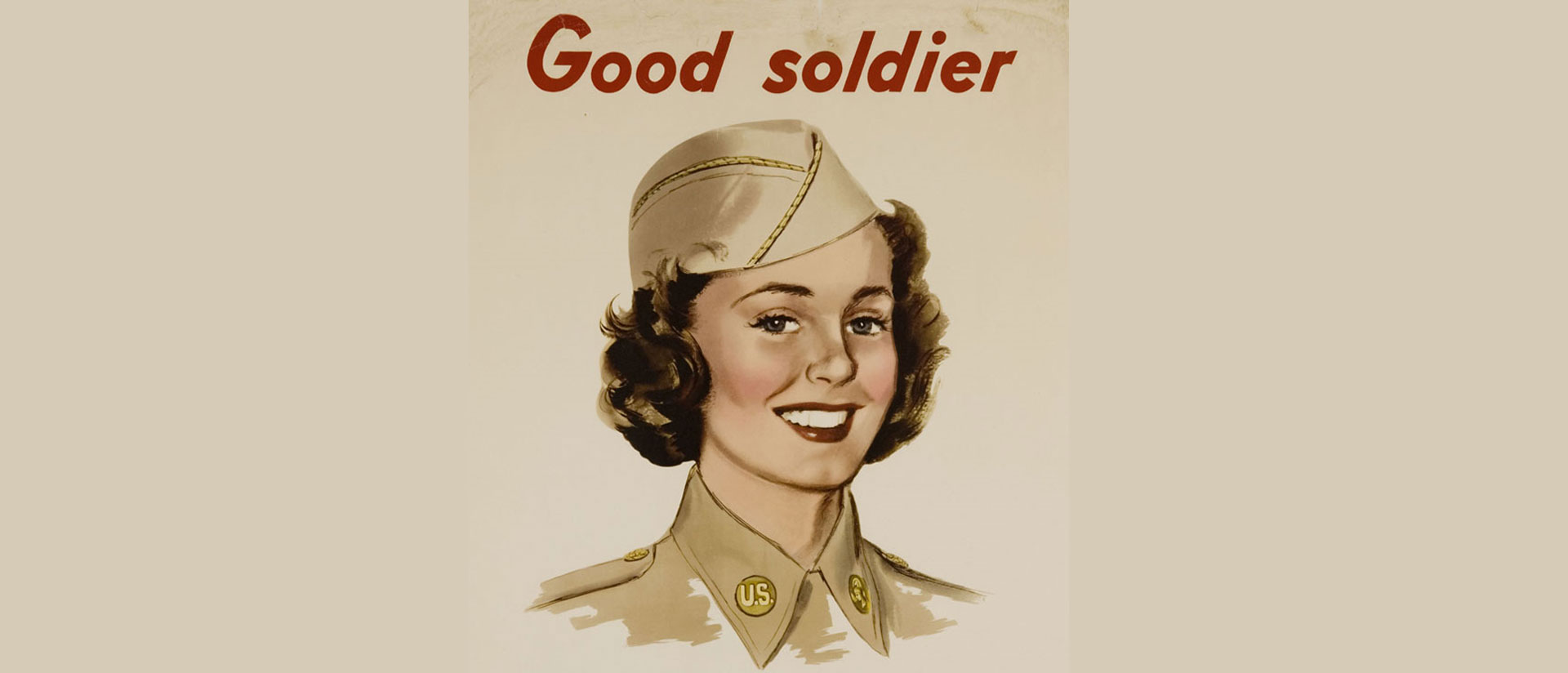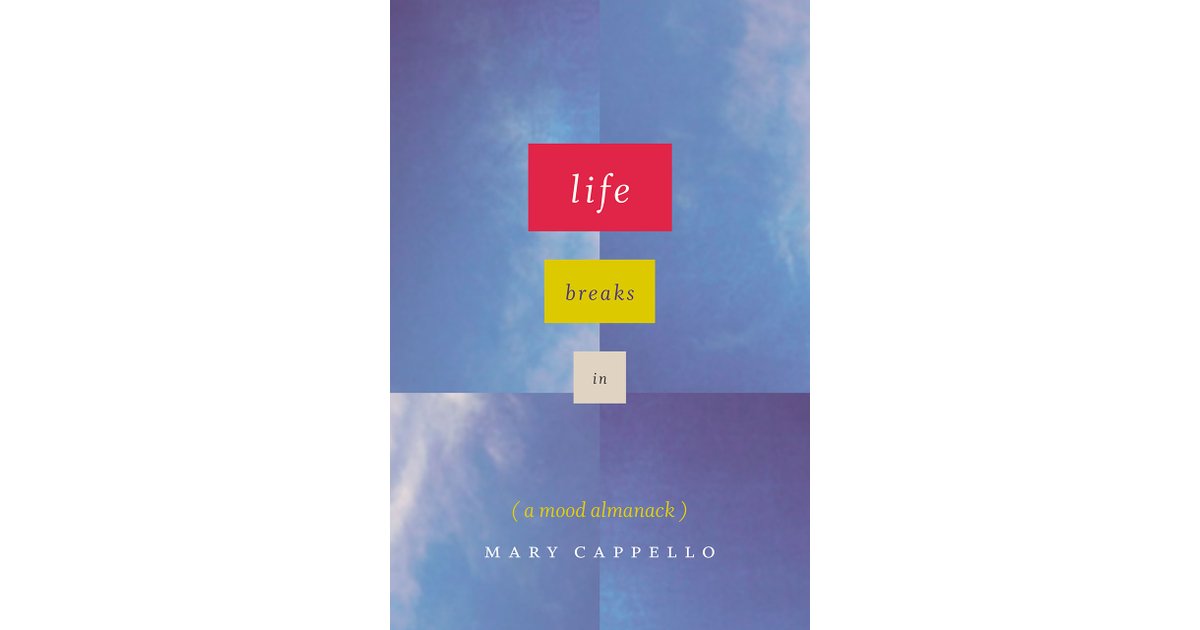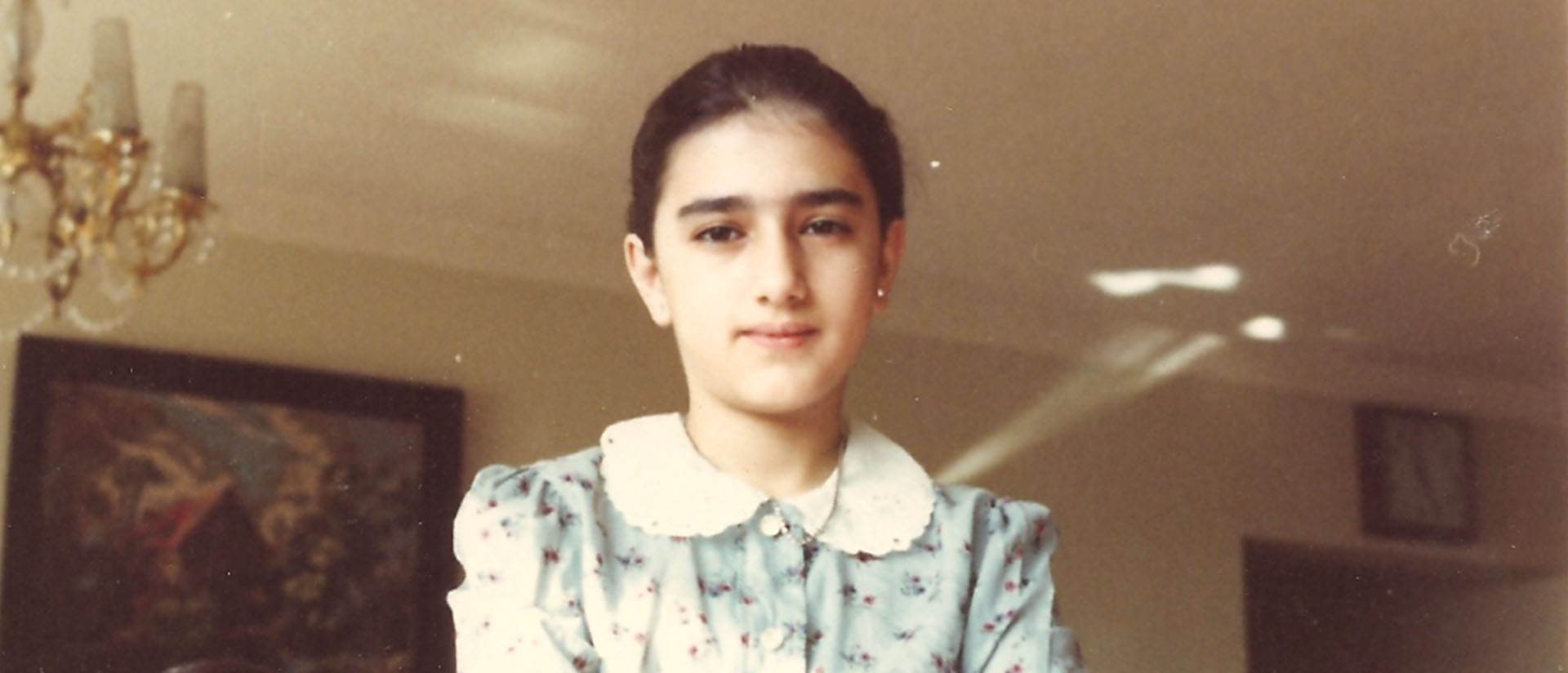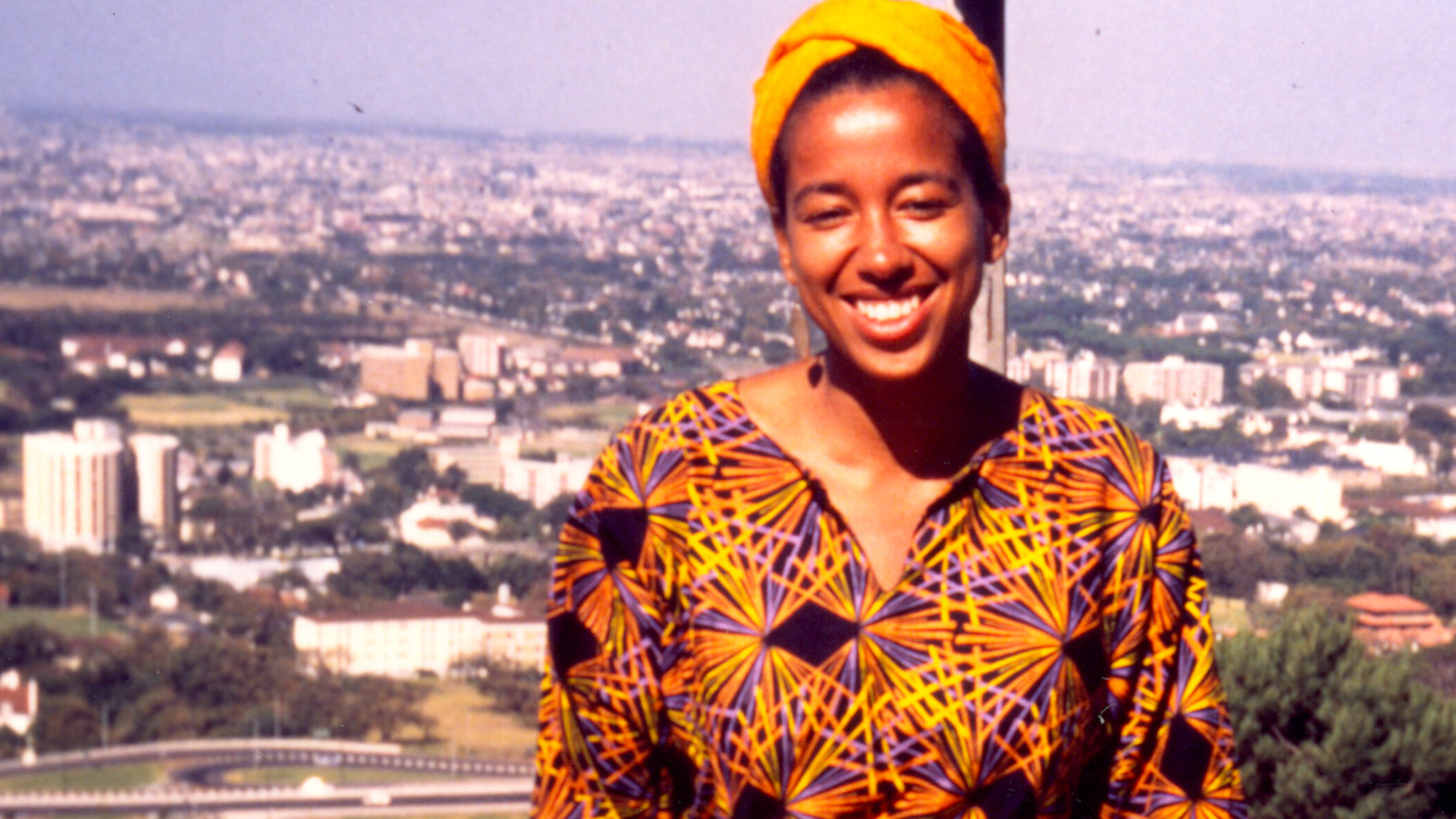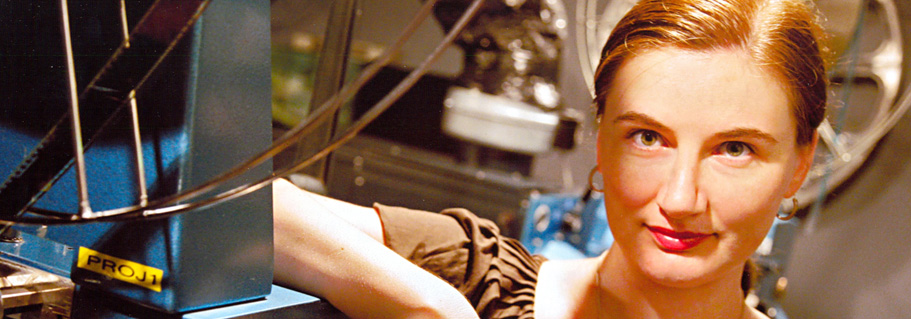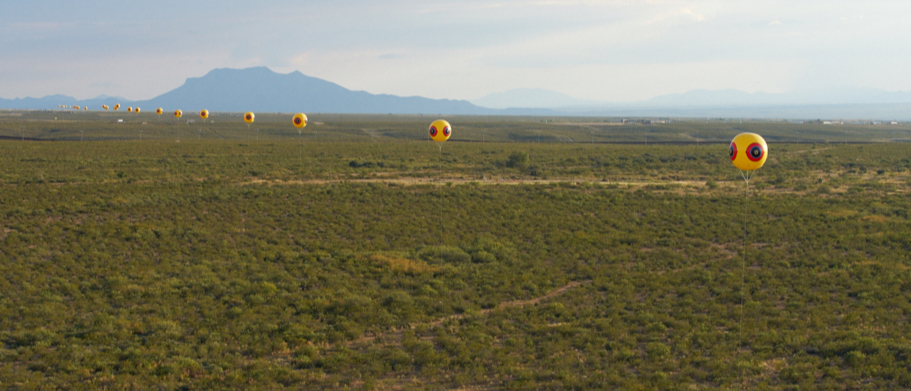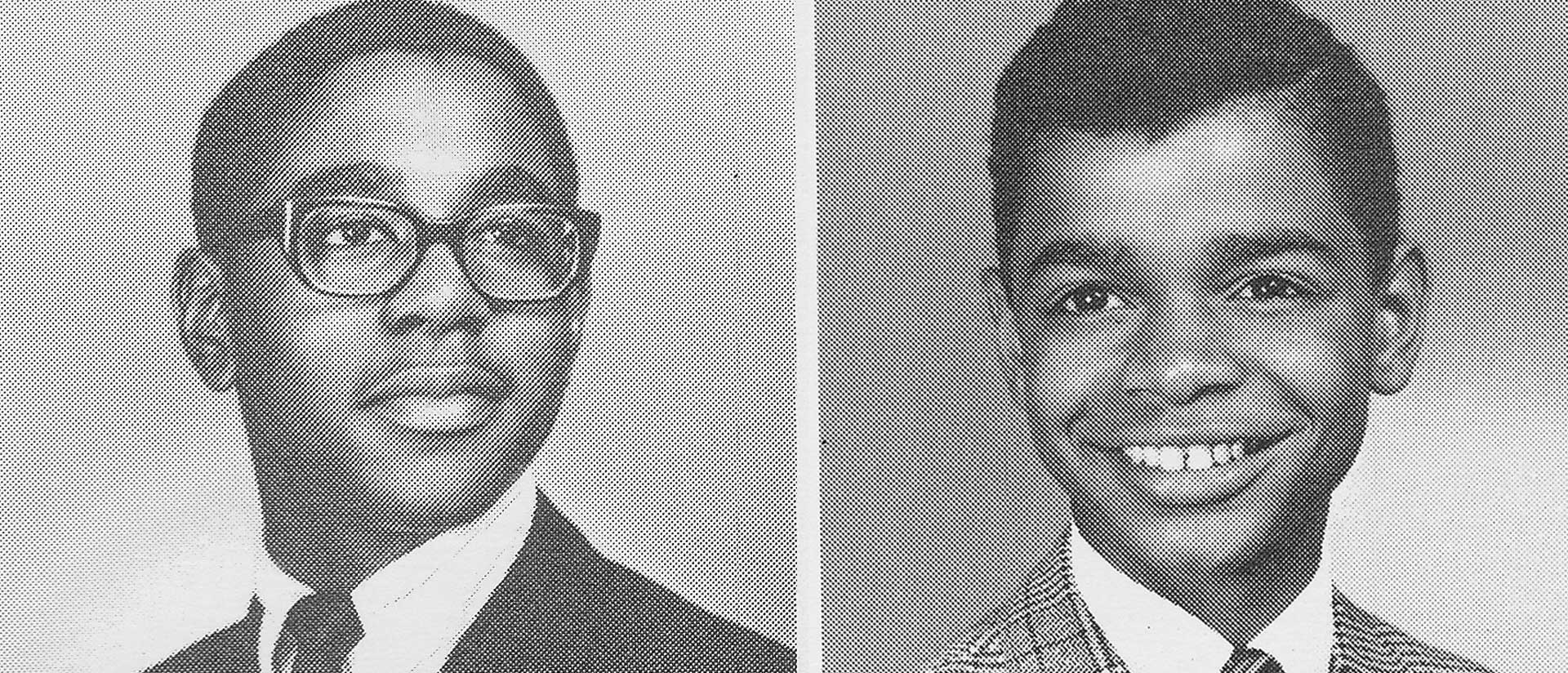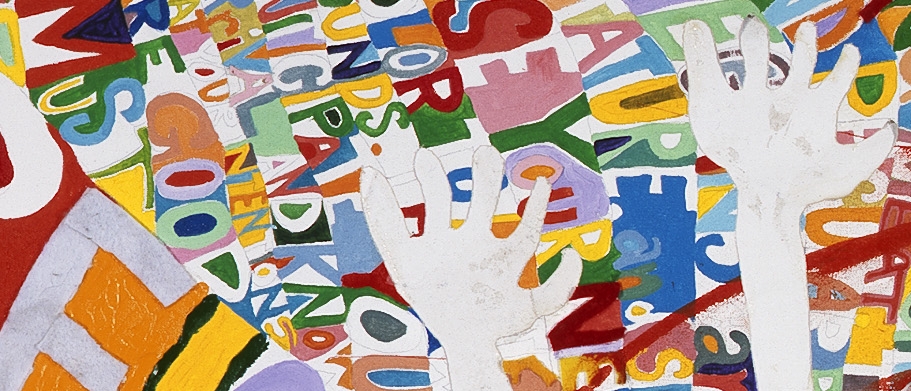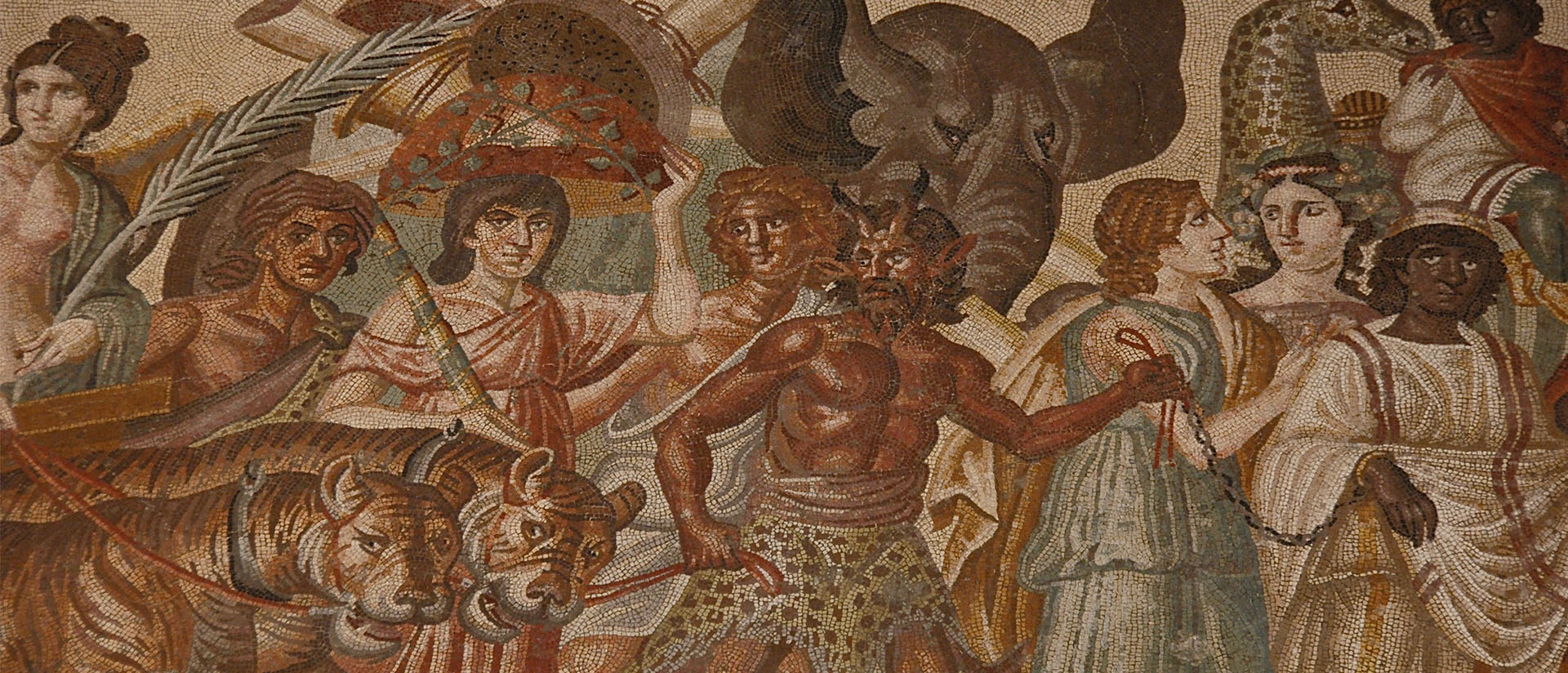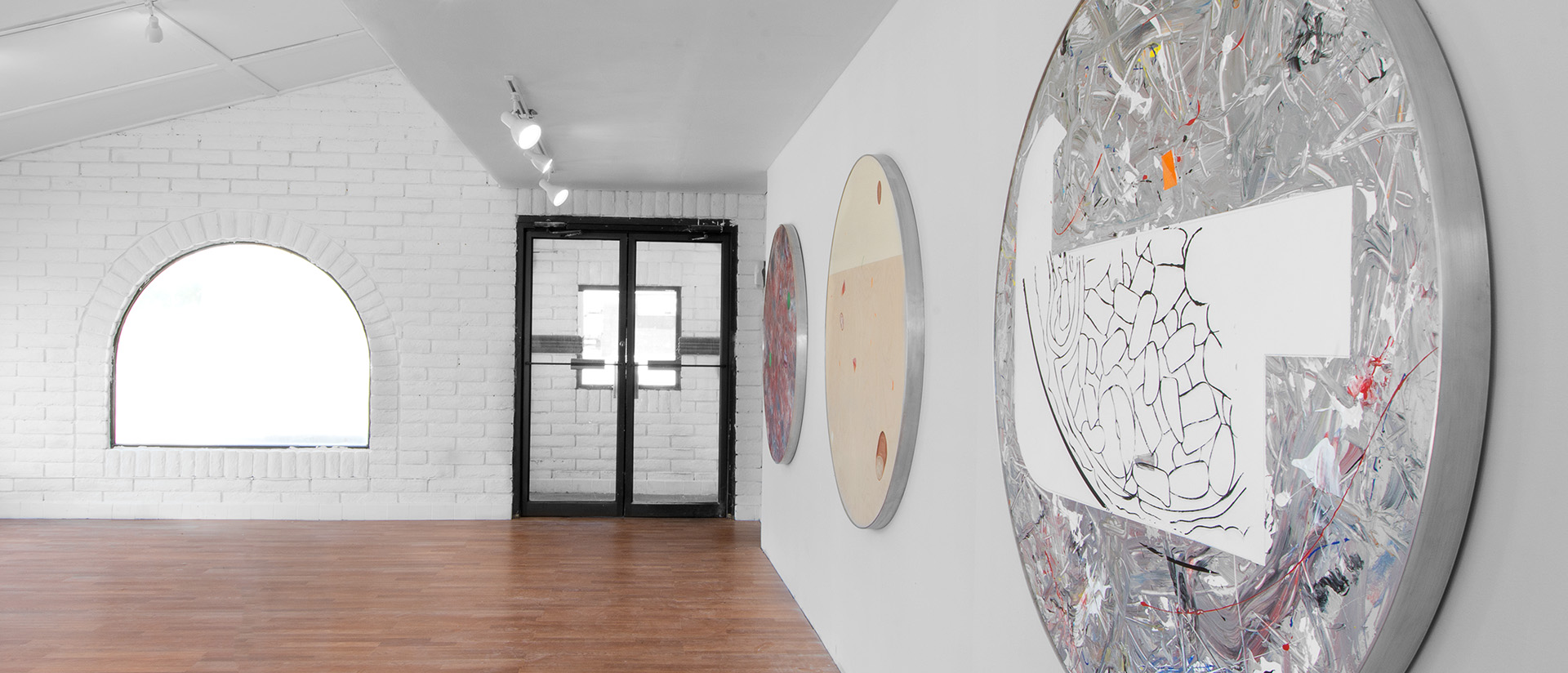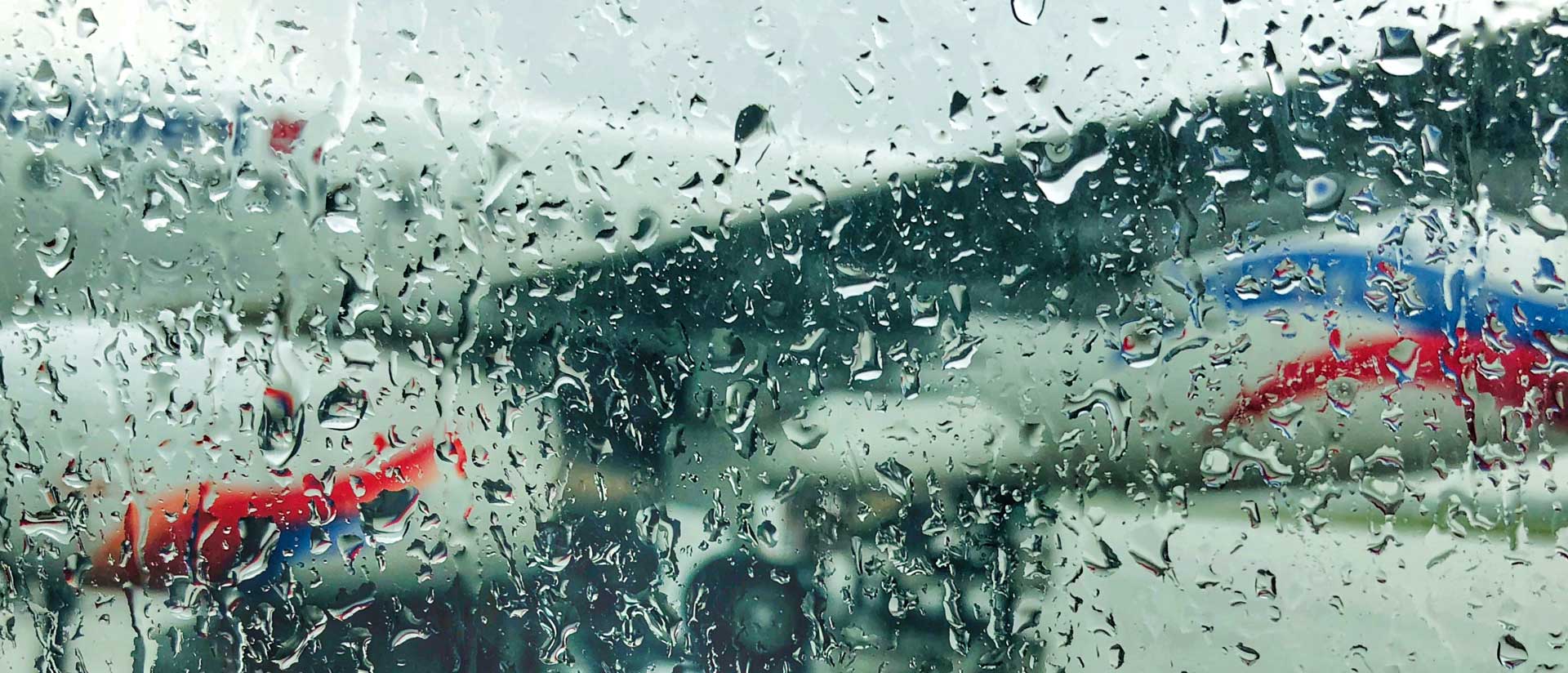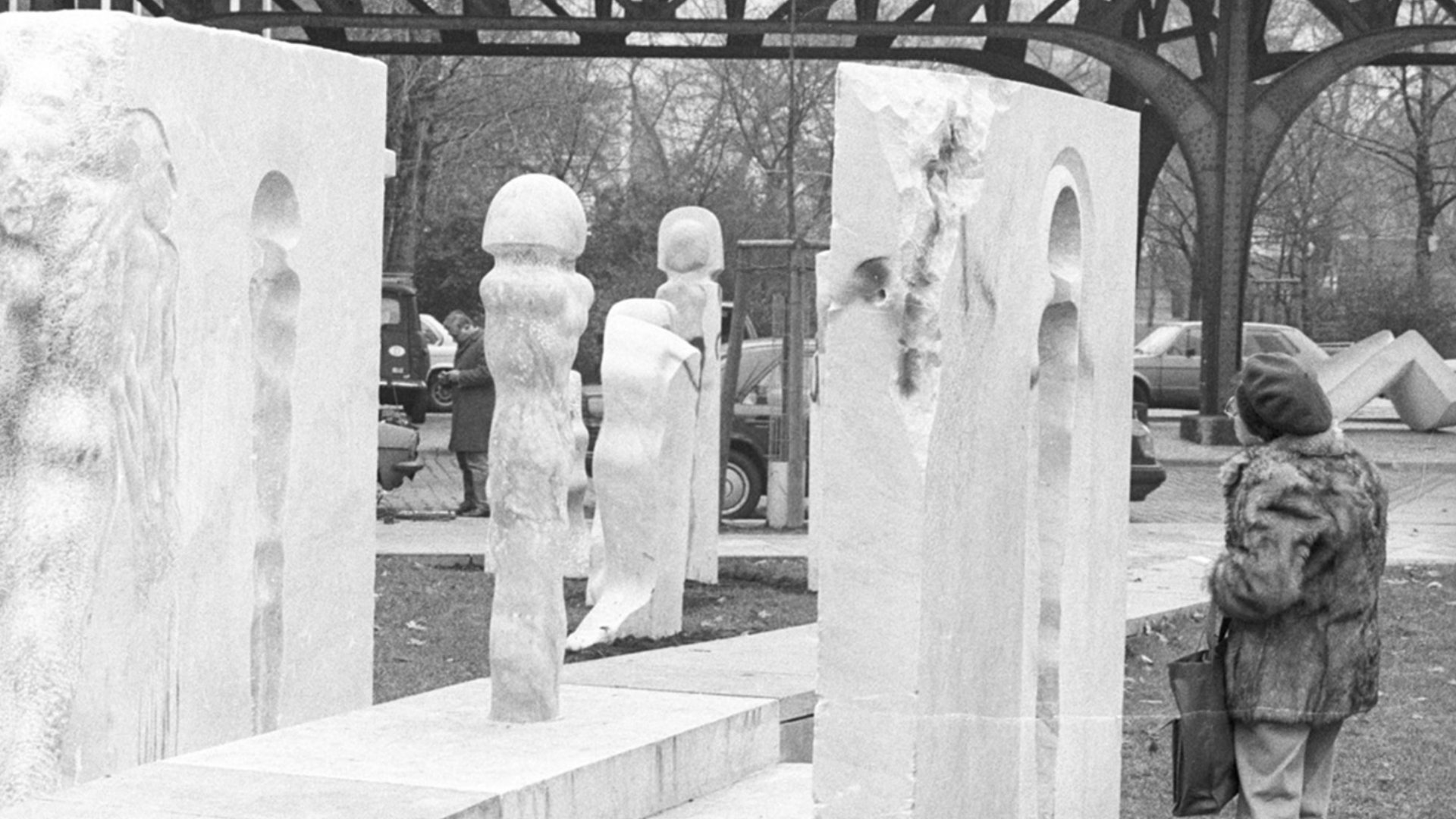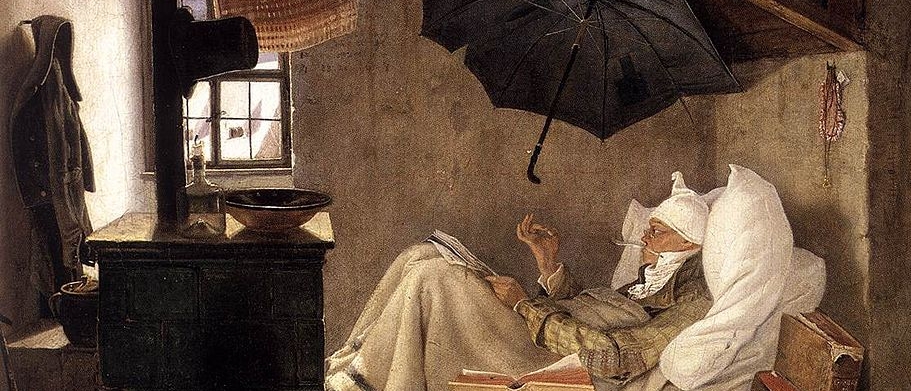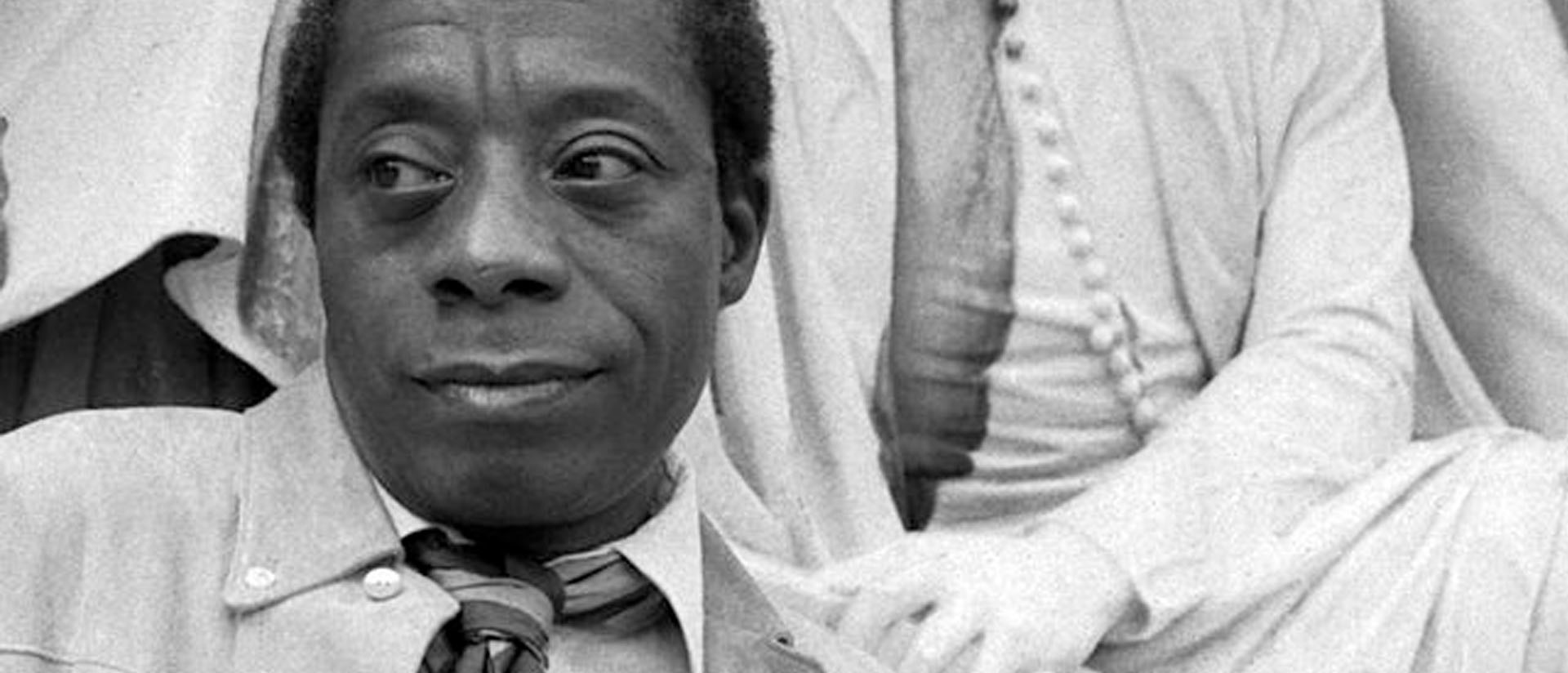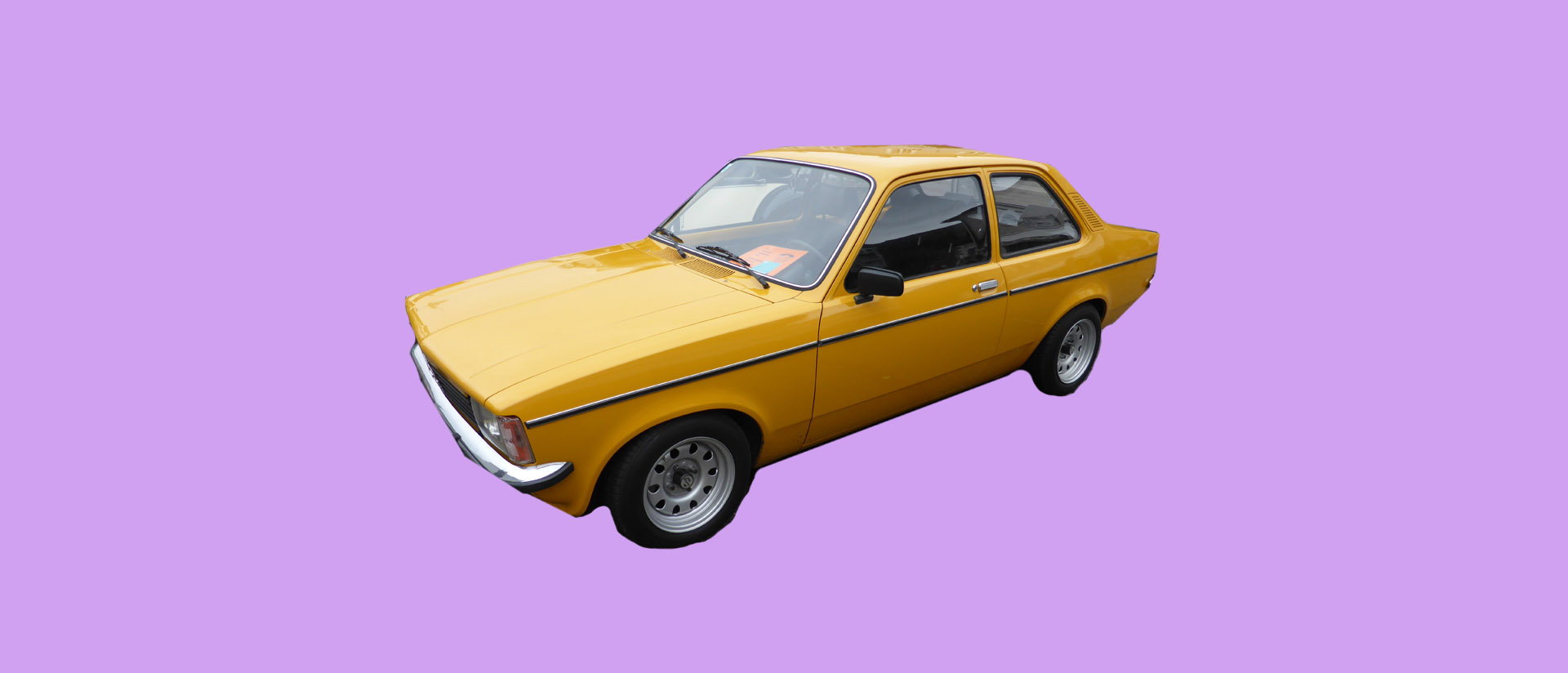
Art in the Time of Corona
Artist Kevin Jerome Everson’s plan to stay creative
By Denise Gamon
Art has to be made. Even during a global pandemic—or perhaps, especially then. As conventional notions of time appear to have been suspended in liminality, artist and filmmaker Kevin Jerome Everson is making temporality a central subject of his work. “Right now, everything is time-based,” he explains over the phone at his Wannsee-apartment. His two eight-hour long movies, Park Lanes (2015) and 8902 Empire (2018), are testaments to his preparation for a slowdown.
Currently a fellow at the American Academy in Berlin, Everson has been celebrated as one of the leading experimental filmmakers working in the United States today. In Germany, he was planning on shooting segments of a new single-channel film. The piece, inspired by his upbringing in industrial Mansfield, Ohio, centers around an Opel Kadett C 3. The artist’s father, a former auto mechanic, had brought home the car for Everson and his older brother, kindling his original fascination with this particular model. “I just always wanted to do a film about an Opel car.” he explains. When Everson heard that the cars were originally bought in Panama and Germany, and shipped to the United States, the idea for his new film was born. “I thought maybe if I filmed something in Panama and filmed something in Germany and have this car there, I can make this conceptual connection to these objects,” he says, explaining the grander project. Earlier this year, he spent four days at the Panama Canal, capturing its lock and dam system, and preparing to continue his work in Berlin.
Lately, however, self-isolation and social distancing have been posing unprecedented challenges to his creative process, causing Everson to adapt his original plans. He is now working with a small replica of the car, shooting race-like short clips for the film in his temporary home. Noticeably excited, he describes playing with the shutter speed to make the toy car seem like it is moving. Fellow residents such as scholar Veronika Fuechtner will record voice-overs or pose as impromptu stunt drivers.
Unfazed by this sudden change of plans, Everson recalls obstacles he had to overcome in his early years in the art industry. “It all started when I was in grad school,” he says. “Almost 30 years ago, this June, I graduated.” Like many grad students, he didn’t have a lot of money at the time. “Back then I was doing these big colored photographs and I thought there’s no way I was going to be able to practice colored photographs when I leave, so I started doing painting more, collage work.” He resorted to making art that did not require an institution or a lot of equipment and kept a sketch book in which he made multiple drawings of his various ideas. “Make sure the work would be about the medium and not the materials,” was his motto. “And then I just kept that kind of mentality.” A mentality that has taught him to find placidity in the most turbulent of times.
Now, even during a global pandemic, Everson never tires of producing new material. As a renowned filmmaker, his self-referential films often favor the subject matter over audience-friendliness. “I think somebody described my work as, ‘I like that nothing happens a lot,’” he recalls, chuckling about the slow progression of some of his pieces. In an age of self-isolation, Everson’s irrepressible drive to produce art no matter the obstacles might possibly be more relevant than ever.
Denise Gamon is a communications assistant at the American Academy in Berlin.


